Lee Mi-sook
Lee Mi-sook is recognized as one of South Korea’s leading middle-aged actresses and was part of the iconic 'three troikas' of the 1980s, alongside Won Mi-kyung and Lee Bo-hee. Of the three, she is often considered to have had the most illustrious career.
During her peak, many respected film directors known for their strong artistic vision sought her out for roles. Her journey in entertainment began after she won the 'Miss Lotte' title in 1978. She made her acting debut the following year in the TBC drama Maponaru at around age 20.


Lee quickly became a favorite in the film industry, appearing in around 26 movies, including her final pre-marriage film The House of Two Women. Her performance in That Winter Was Warm earned her the Best Actress award at the Grand Bell Awards just four years after her debut.
However, after the success of The House of Two Women—a hit in the 1980s—she stepped away from the spotlight, leaving many fans disappointed by her sudden absence.
Lee Mi-sook
After a decade-long hiatus from the entertainment world, Lee Mi-sook made a strong return to acting following her divorce, starring in the film Affair. Her comeback was met with enthusiastic support from longtime fans and turned out to be a major success.
From then on, she resumed an active career, taking on numerous roles in both films and television dramas. Some of her notable works include Besame Mucho, Scandal: The Tale of Joseon’s Noble Women, and Scoop.
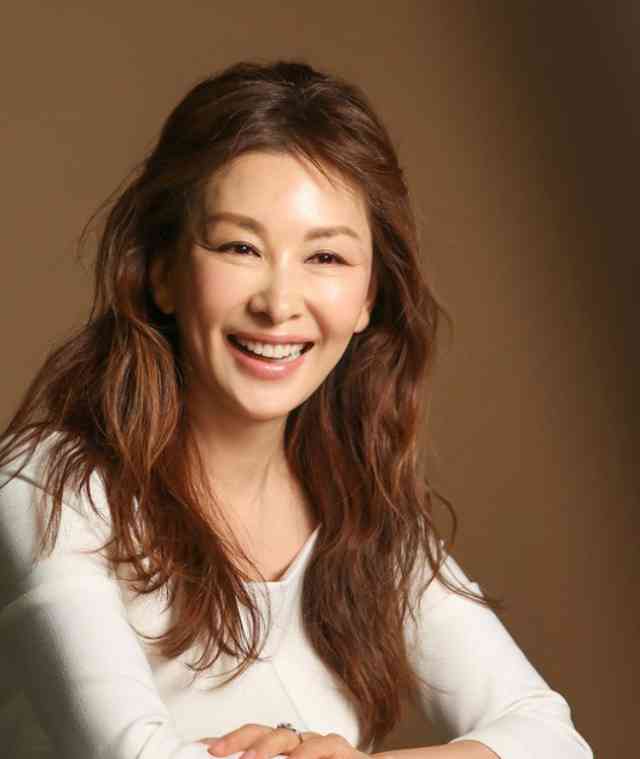
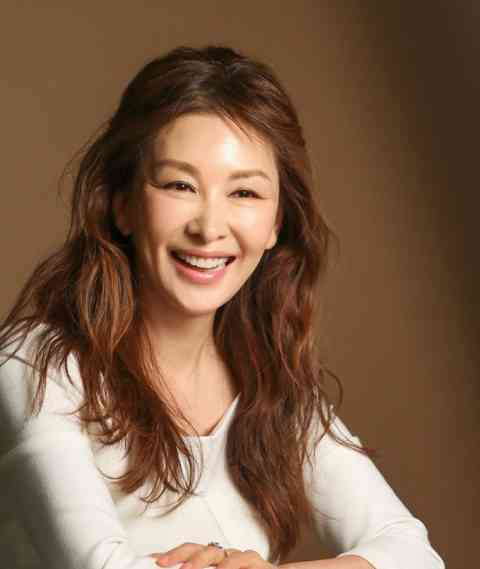
Despite being born in 1960 and nearing her 60s, Lee continues to captivate audiences with her youthful appearance and strong screen presence. Her most recent role was in the 2019 film Today, I Learn, which drew public interest. However, she has remained inactive in the acting scene since that project.
Won Mi-kyung
Won Mi-kyung is considered one of the prominent third-generation actresses and was among the most beloved stars of the 1980s and 1990s. Her talent earned her numerous accolades, including Best Actress awards from the Blue Dragon Film Awards, Grand Bell Awards, and Baeksang Arts Awards.
She also received top honors in television, such as the Baeksang TV Best Acting Award, the MBC Drama Awards, and the Talent Award at the Korean Broadcasting Awards.
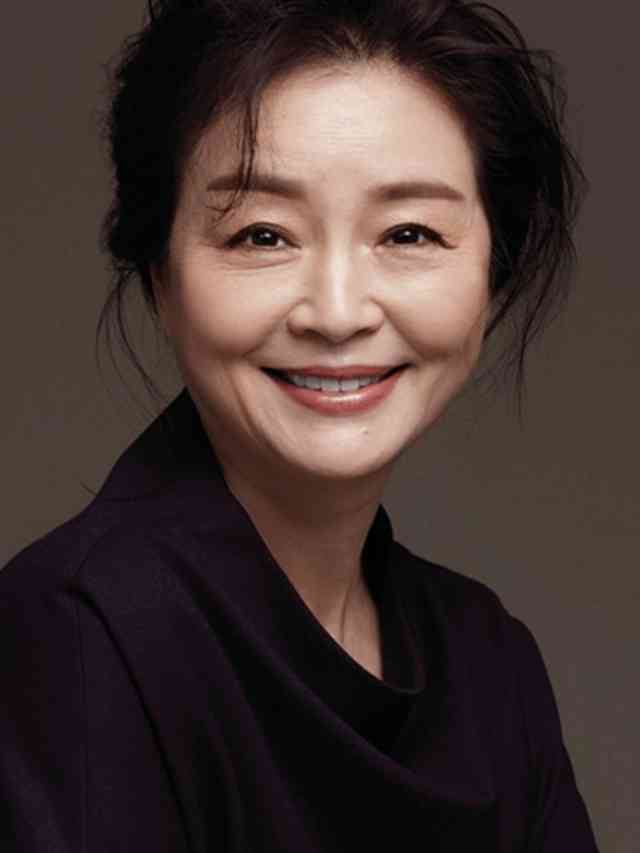
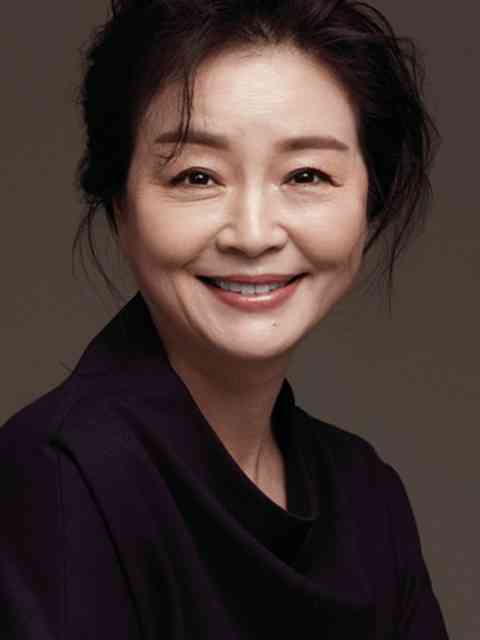
She began her career in 1978 after winning first place in the 3rd Miss Lotte Pageant. The following year, she landed her first leading role in the film Trap of Youth, which won her the Best New Actress Award at the Grand Bell Awards.
Her drama credits include When Tomorrow Comes, A Happy Woman, Living, and Eun-sil, while her notable film roles include Janyeomok and Sano. Won Mi-kyung has long been admired by younger generations of actors, with the late actress Choi Jin-sil once calling her a role model in a media interview.
Won Mi-kyung
Won Mi-kyung married producer Lee Chang-soon and became a mother to one son and two daughters. Despite her family commitments, she continued to thrive in her acting career, winning Best Actress at the Blue Dragon Film Awards in 1990 and the Grand Bell Awards in 1991 for her performance in Just Because You Are a Woman.
As noted earlier, even after becoming a homemaker, she remained active in film and television, maintaining a strong presence in the industry. Her popularity surged again in the 2000s, often referred to as her third prime, earning her the Best Actress Award at the annual Acting Awards and the Baeksang Arts Award for Best Actress in the TV category the following year.
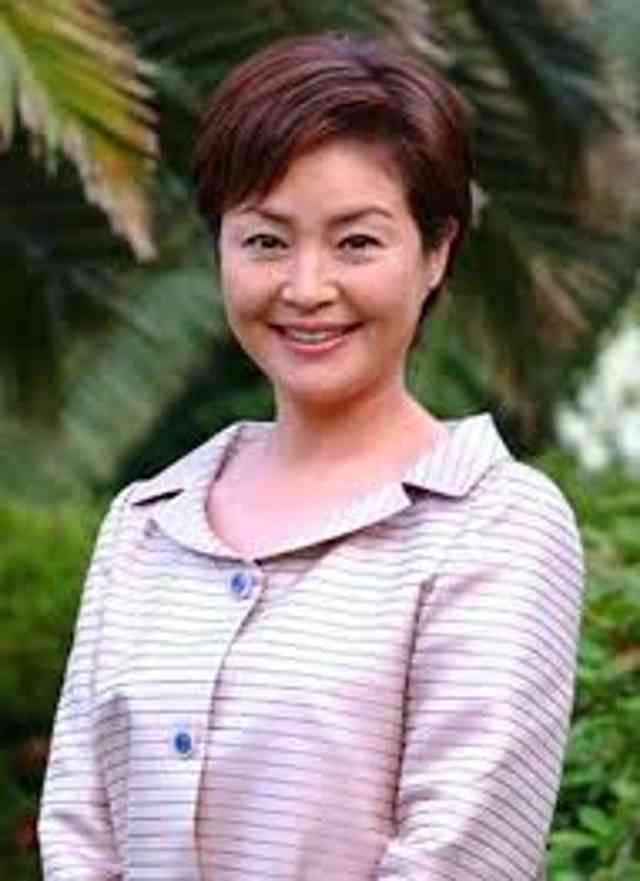
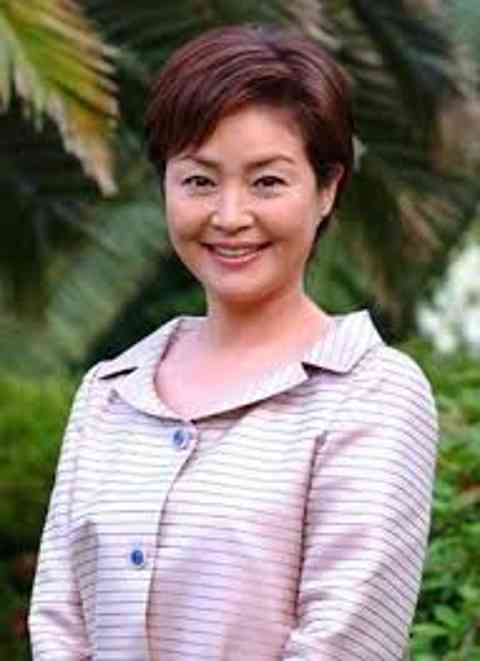
In 2002, after wrapping up the MBC drama Confession, she moved to the United States with her family, later sharing that she enjoyed a peaceful life as a regular housewife near Washington, D.C.
Fourteen years later, she made a comeback with the drama Family Hwa Man Sa Seong in 2016, receiving high praise for her consistent and powerful performance. In 2020, she once again impressed audiences by portraying ‘Jin-sook’ in the tvN drama We Are Family (I Don't Know Much, But...).
Cha Hwa-yeon
Actress Cha Hwa-yeon began her career in 1978 after being named the second Miss Lotte. She went on to appear in numerous dramas such as Geumnam's House, Sparrow and Scarecrow, and Cicadas Crying in the City.
Her breakout role came in 1987 when she starred as Kim Mi-ja in the hit drama Love and Ambition, which brought her widespread acclaim. Following this success, she became a sought-after model for commercials and took on various roles in other projects.
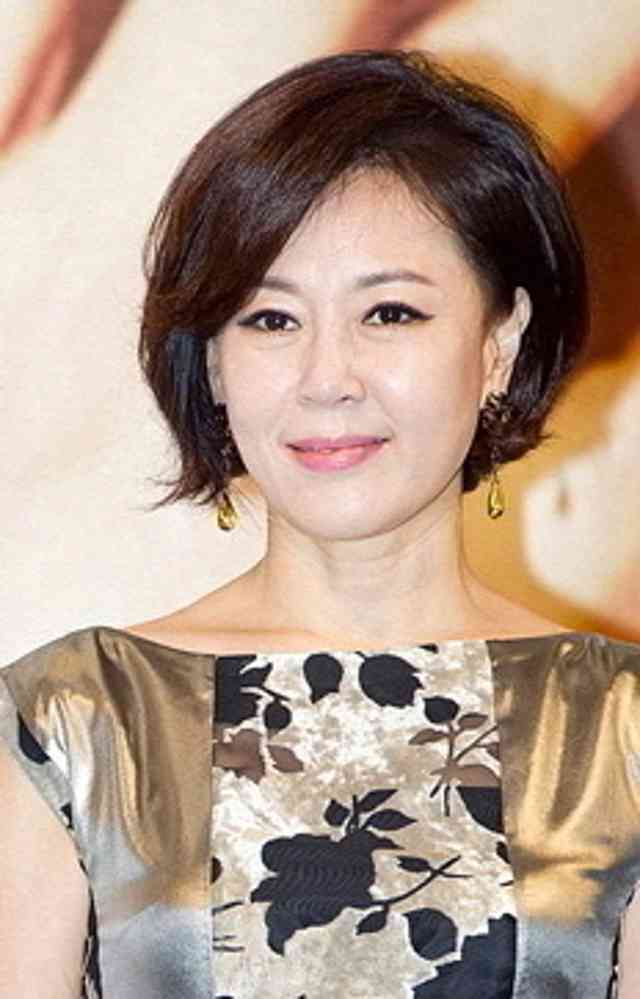
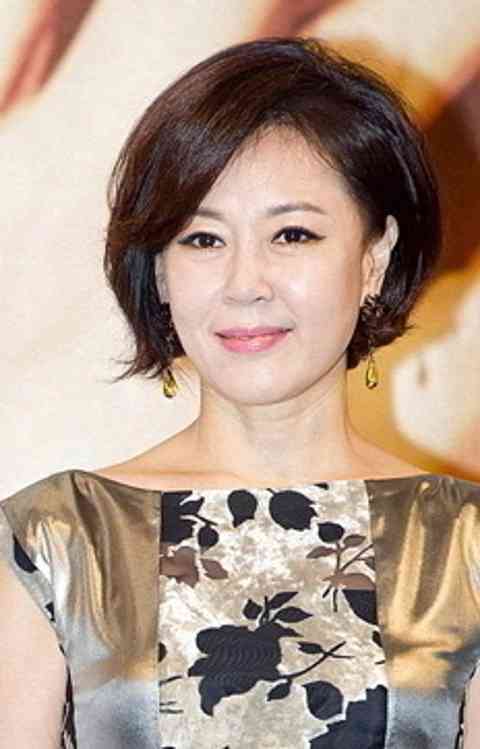
However, after Love and Ambition concluded, she stepped away from the spotlight in 1988 to marry a businessman ten years her senior, choosing to focus on family life as a mother of two sons and a daughter.
After two decades away from the industry, she made a comeback in 2008 with the drama Aeja’s Sister Min-ja, thanks to her connection with producer Kwak Young-beom. One year after her return, she and her husband amicably ended their marriage.
Cha Hwa-yeon
When Cha Hwa-yeon returned to the spotlight, she initially charmed audiences with her warm and approachable image, characterized by a slightly fuller figure. Over time, through consistent diet and exercise, she transformed her appearance and now exudes a confident, charismatic presence.
It's no exaggeration to say she's experiencing a second peak in her career, especially after starring in the 2018 drama My Only One, which earned her the Grand Prize at the Acting Awards.
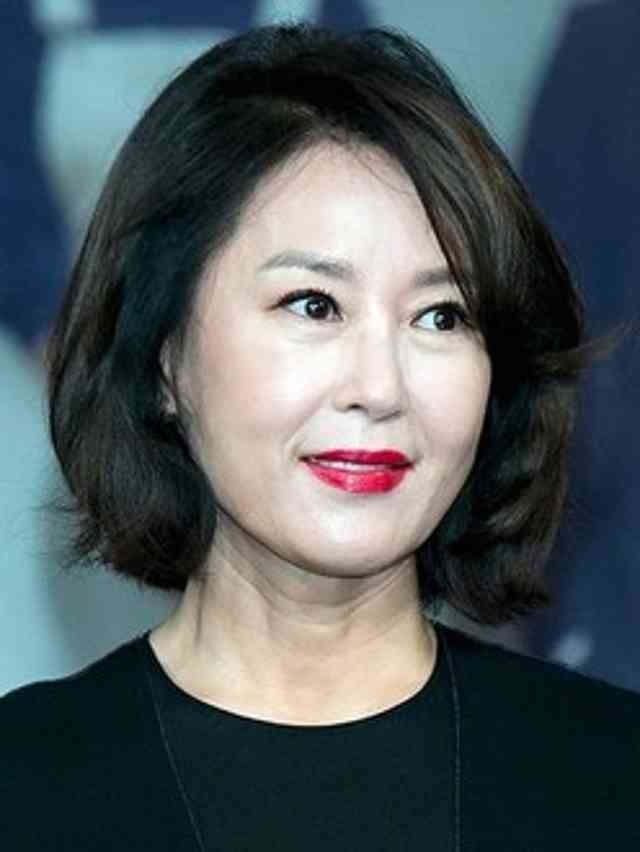
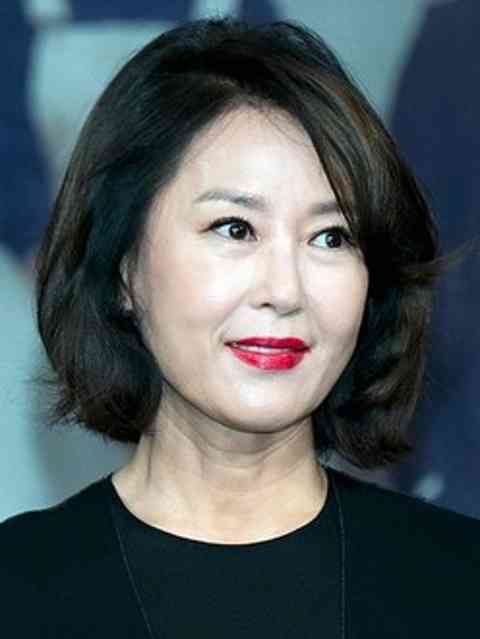
According to one media outlet, her acting style has evolved significantly since her return, crediting her ongoing dedication to studying the craft and her goal of participating in at least one drama each year.
She went on to portray Jang Ok-bun in the 2020 series Once Again and took on the role of Wang Dae-ran in the 2021 drama A Gentleman and a Lady. This marked her second collaboration with writer Kim Sa-kyung, who also wrote My Only One.
Kim Cheong
Kim Cheong entered the entertainment industry in 1982 after being named runner-up in the 1981 Miss MBC pageant, quickly becoming a beloved symbol of innocence in the 1980s. At the height of her career, she was active not just as an actress but also as a host, co-MCing the popular 1980s variety show Saturday Saturday is Fun alongside Lee Deok-hwa.
Some of her most well-known dramas include Sassy Girl Chunhyang, Inheritance, and Flowers that Bloom at Dusk, while her notable films include Who Plucked the Red Rose, A High School Girl Getting Married, and Cohabitation, Dongrak.
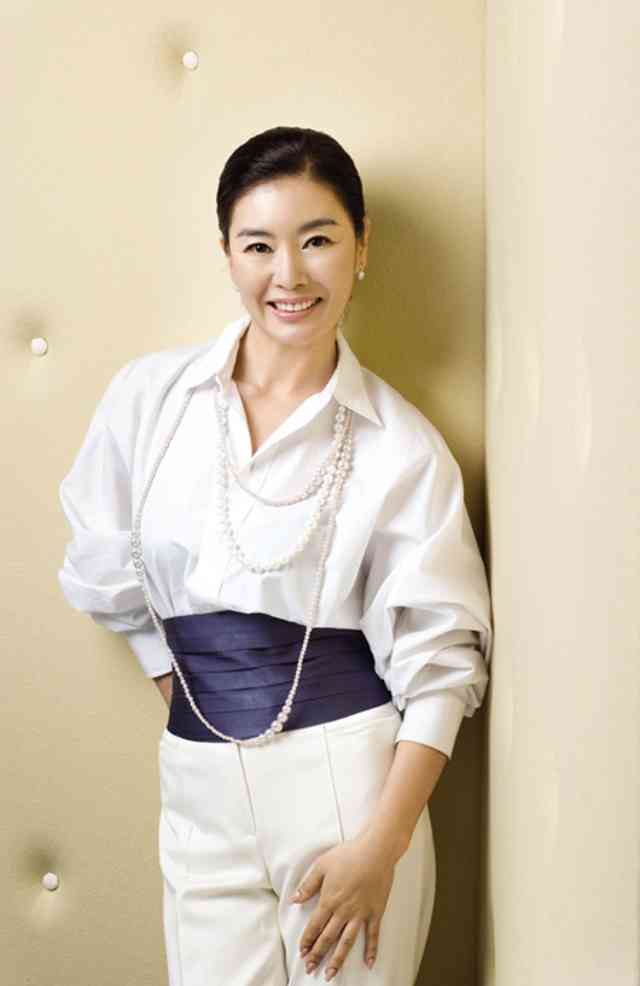
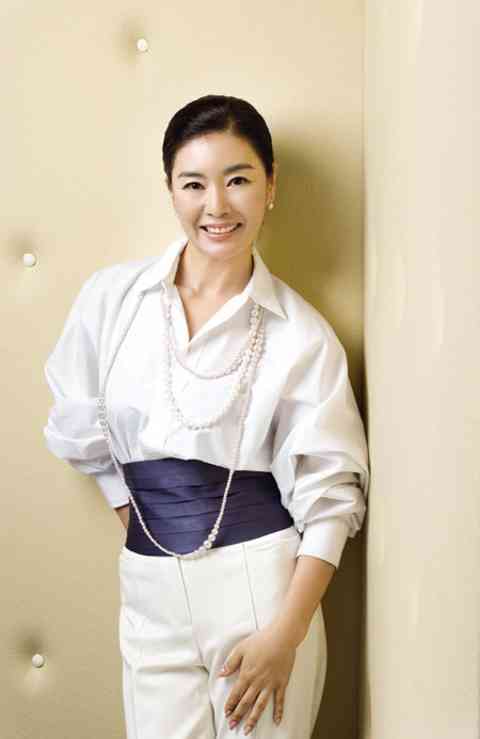
Her role as Woo Eun-hwan in the 1987 drama Love and Ambition especially boosted her popularity. Kim Cheong became widely admired not only for her pure and gentle image but also for her kind-hearted nature, often going out of her way to care for staff and co-stars.
She is known for preparing hundreds of lunch boxes and providing blankets during filming, showing her generosity and warmth. Her thoughtful character has made her a favorite among fellow actors, many of whom are eager to work with her.
Kim Cheong
Kim Cheong remains active in the entertainment industry today, but she experienced a challenging period that led to a five-year hiatus from her career. In 1998, at the age of 36, she married businessman Bae Jun-seong, but the marriage ended in just three days, drawing widespread public attention.
At the time, it was particularly difficult for divorced actresses to return to the spotlight, and following the divorce, she withdrew from the entertainment scene amid intense media scrutiny. However, in the 2000s, Kim Cheong made a comeback and has since reestablished herself, regularly appearing on various television programs and continuing her career as a seasoned actress.
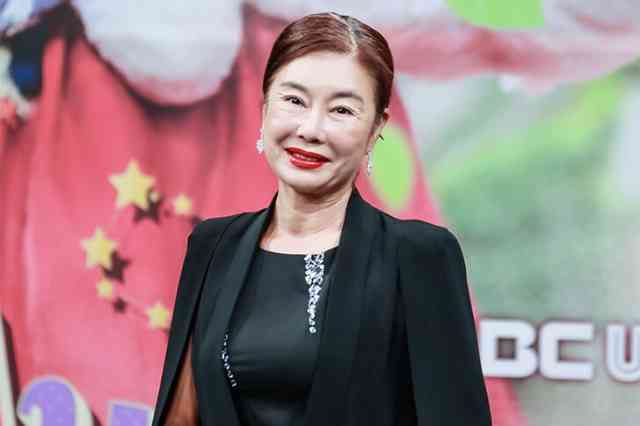
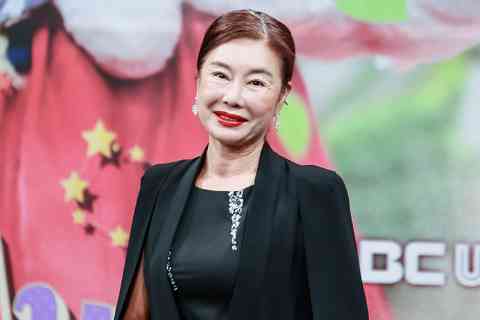
Her latest appearance was in 2021 on KBS2's Let's Live Together Season 3 with Park Won-sook, where she caught viewers off guard by addressing the rumors about her brief marriage and openly discussing her past divorce after just three days.
Jung Ae-ri
Actress Jung Ae-ri entered the entertainment world as a teenager after passing a rookie talent audition for a KBS drama. Although she faced early criticism regarding her acting abilities, her dedication eventually earned her widespread acclaim.
She rose to stardom with the drama Love and Truth, which marked the height of her popularity, and even landed a cosmetics commercial—an honor reserved for the most sought-after female celebrities of that era.
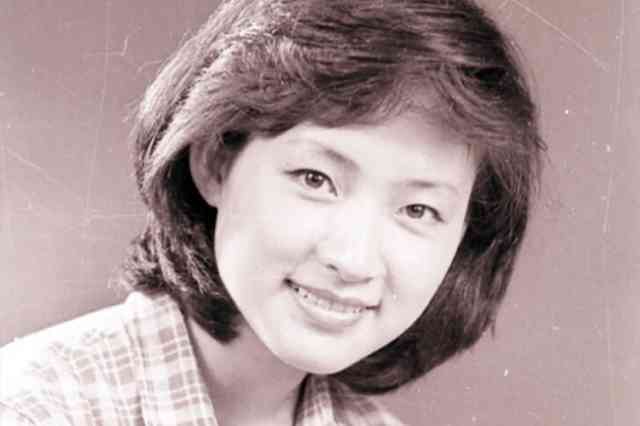
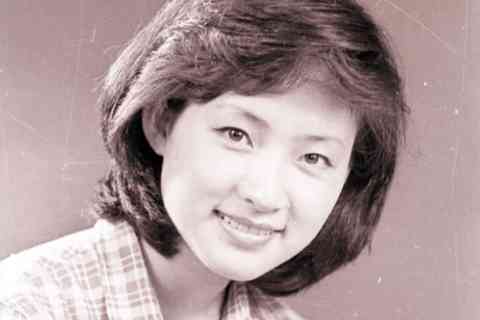
In 1985, she won the Best Actress Award in the TV category at the 21st Baeksang Arts Awards for her performance in Love and Truth, collecting several other accolades that solidified her status.
Alongside dramas, she appeared in films such as Three Women Under an Umbrella and Stray Dogs. However, at the peak of her fame in 1985, she entered a brief marriage and simultaneously stepped away from the entertainment industry to live in the United States.
Jung Ae-ri
After returning to Korea in 1988, Jung Ae-ri resumed her acting career, making her comeback with the drama Rose of Betrayal following her divorce. From 1999 onward, she steadily regained attention through roles in dramas like Couple Clinic: Love and War and You Are My Destiny.
While she didn’t reach the same level of fame as during her peak years, she earned respect for her versatile acting, taking on both positive and negative characters in numerous dramas and plays.
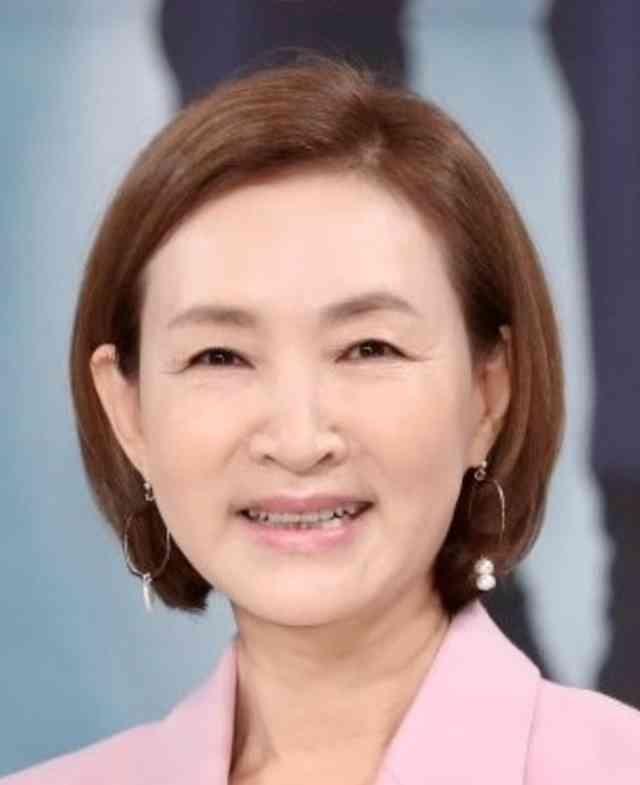
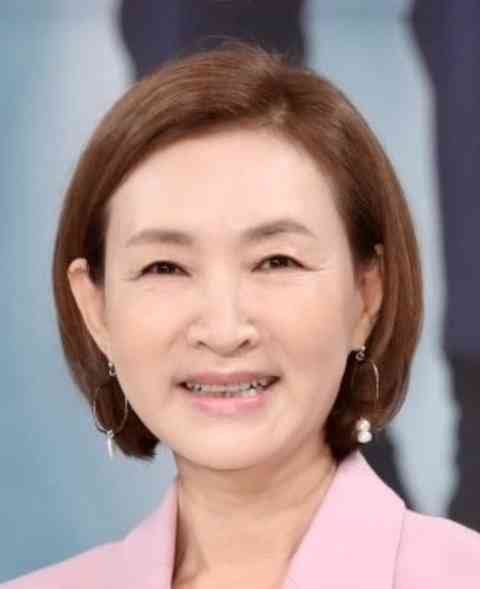
Notably, she portrayed the adoptive mother of the main characters in Woman of the Sun and You Are My Destiny, which earned her the affectionate title of "National Adoptive Mother."
Beyond acting, she is also well-known as the face of the traditional tea brand Damteo, earning the nickname "Human Damteo" due to her long-standing role as their model—holding the position for 17 years as of 2020.
Yoo Ji-in
Yoo Ji-in, along with Jung Yoon-hee and Jang Mi-hee, was part of the popular actress trio of the 1970s. She began her career as a stage actress in 1973 while still in her third year of high school. That same year, she was selected as the 14th open talent at TBC Dongyang Broadcasting.
In 1974, as a freshman in Chung-Ang University’s Theater and Film Department, she gained attention as a cover model for a college magazine and soon made her film debut in Your Cold Hands, beating out 2,300 other candidates.
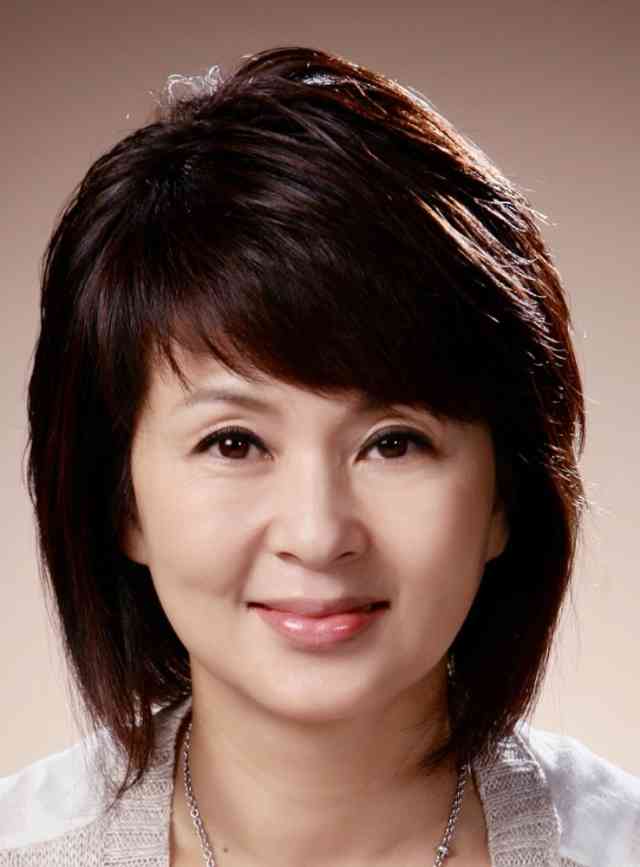
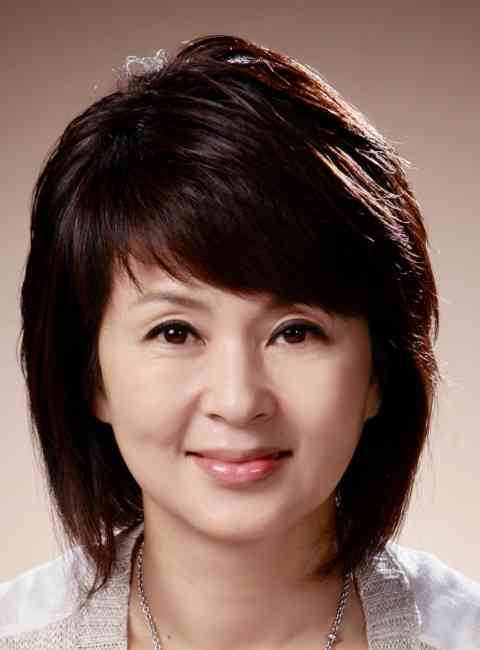
Her fame grew after becoming the exclusive model for a Korean cosmetics brand, and she quickly established herself as a leading film actress with hits like Cheongsilhongsil and Seoul Nocturne.
Some of her notable box office successes include The Last Winter, The Man I Left Behind, 26×365=0, Trap of Youth, and The Happiness of an Unhappy Woman. Among these, she earned the Grand Bell Award for Best Actress for her performance in Simbatore.
Yoo Ji-in
Yoo Ji-in was a defining actress of her time, ranking first both in the list of women people admired and in celebrity earnings. Her incredible fame is highlighted by the story of Lee Han-young, nephew of North Korea’s Kim Jong-il, who recognized her from a billboard shortly after defecting to South Korea in 1982—a remarkable feat given how little North Koreans knew about South Korean celebrities back then.
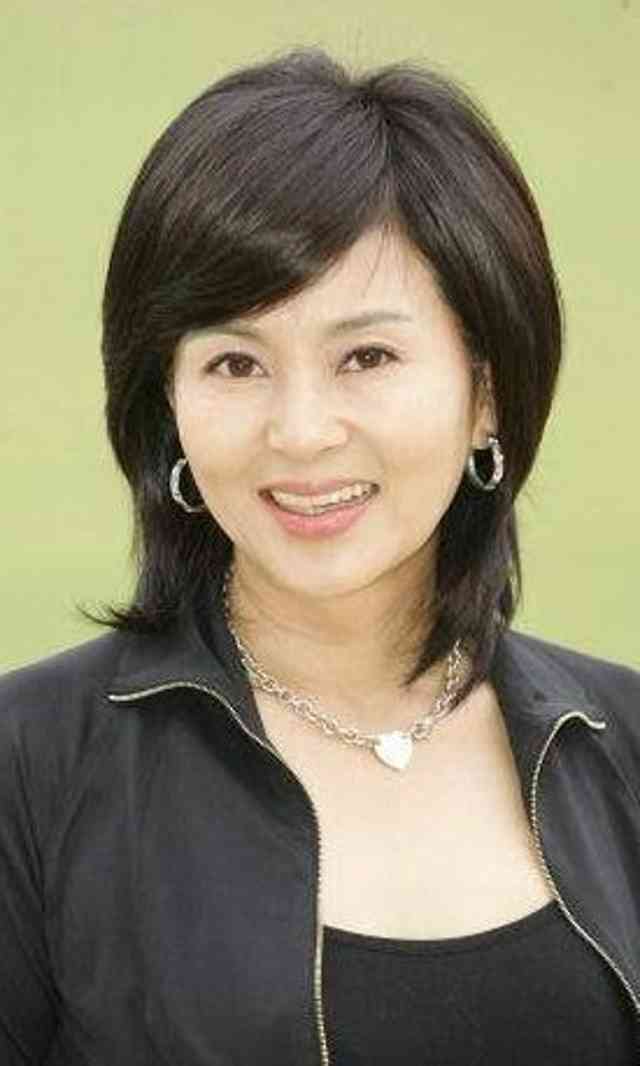
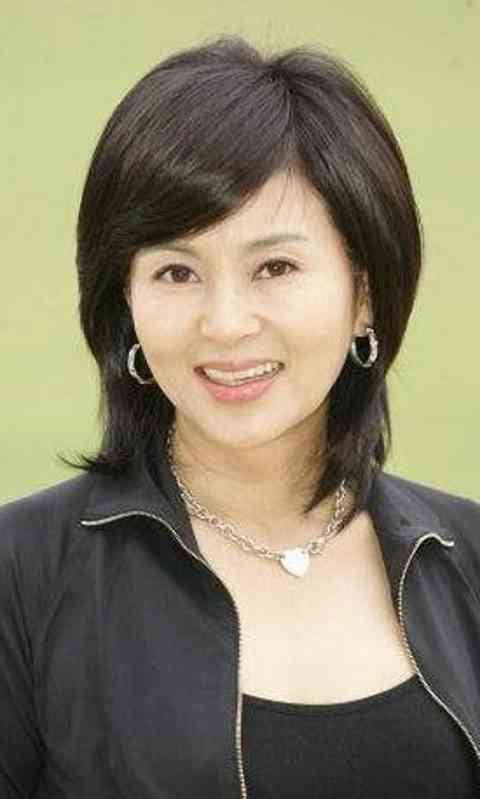
Known not only for her popularity but also her intellect, Yoo Ji-in became the first actress born in the 1950s to earn a master’s degree, which attracted significant attention.
She stepped away from the entertainment world in 1986 after marrying a dentist but made a comeback in 2002 following her divorce. Today, she serves as a professor at the KAC Korean Academy of Arts, where she remains active in education and lectures.
Jang Mi-hee
Jang Mi-hee, alongside Yoo Ji-in and Jung Yoon-hee, was one of the most popular actresses during the 1970s and 1980s. Although she originally dreamed of becoming an elementary school teacher, her older sister encouraged her to enter an art contest, where she won a gold medal for her role in Chunhyangjeon.
In 1976, she debuted in film through director Park Tae-won’s new actor recruitment, landing the role of Chunhyang in Seong Chunhyangjeon after competing against 276 candidates. She gained major success with the film Winter Woman, which drew 580,000 viewers—the highest attendance since Korea’s liberation at that time.
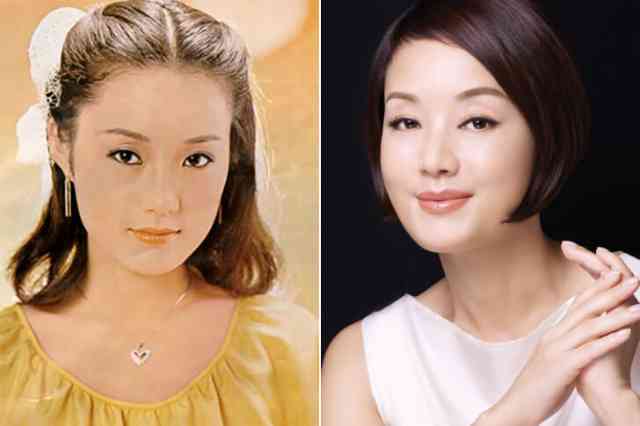
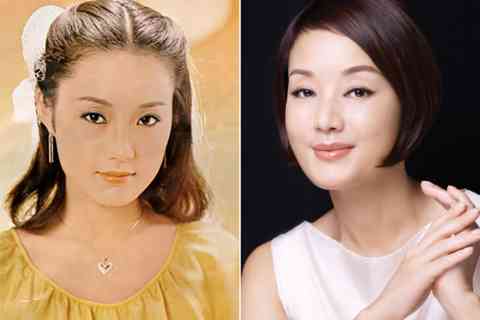
Other notable films include Three Times Short, Three Times Long and Lover, with Flower of the Equator becoming a box office hit and earning her the Grand Bell Award. Her well-known dramas include Cheongsilhongsil, Bibaram Chamisul, and Jirekkot. According to media reports, she was the highest-paid actress in 1979, based on her total income tax records.
Jang Mi-hee
In the late 1980s, Jang Mi-hee starred in Hwang Jin-i, which unfortunately did not live up to expectations and was a box office disappointment. However, she bounced back in 1989 with the film The Kingdom of Fire, co-starring Lee Deok-hwa, which became a commercial success.
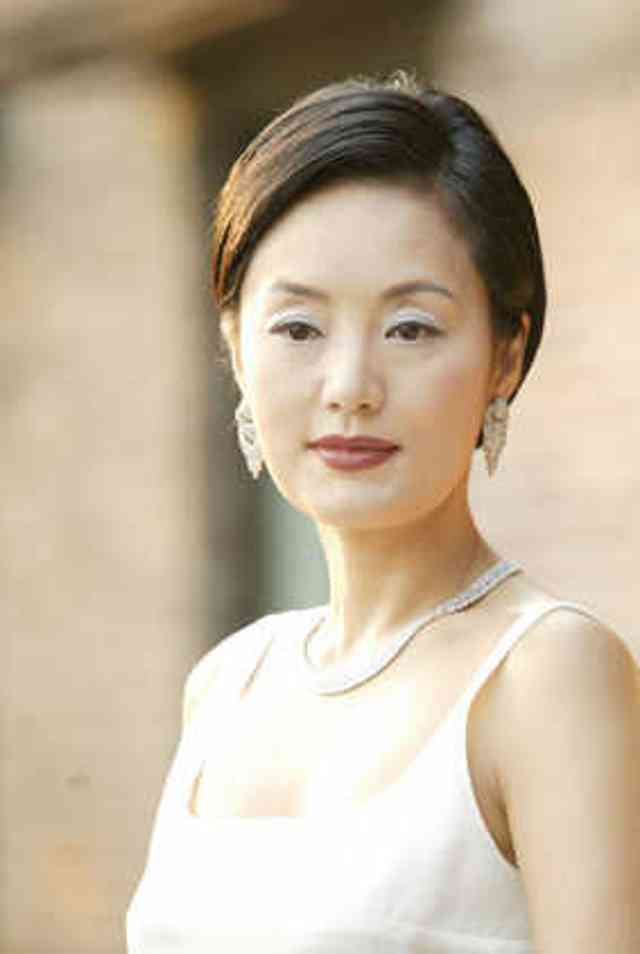
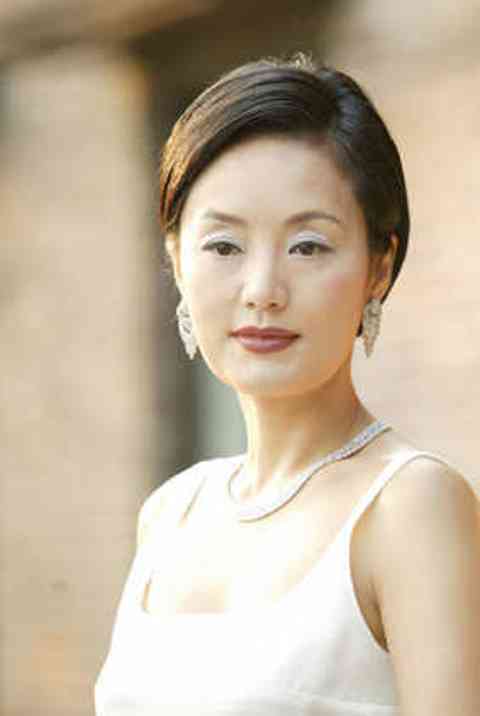
Throughout the 1990s, she remained active in the industry, appearing in productions like Ode to Death, Annie Gang, and Six Siblings. Overall, Jang Mi-hee is regarded as a powerhouse actress alongside the troikas of the 70s and 80s, having twice broken records for the highest movie box office earnings. She also has ties to the fashion world, notably becoming the first actress to be officially sponsored by Hermes—a sponsorship famously difficult to secure among luxury brands.
Jeong Yoon-hee
Jeong Yoon-hee, alongside Jang Mi-hee and Yoo Ji-in, was renowned as part of the 1970s actress troika. She was often praised as the most beautiful among them and widely recognized as South Korea’s iconic beauty of that era.
Some even claimed she was the greatest beauty since Dangun, Korea’s legendary founder. Her charm extended beyond Korea; a Japanese filmmaker reportedly remarked that even combining 100 top Japanese actresses couldn’t match Jeong Yoon-hee’s allure.
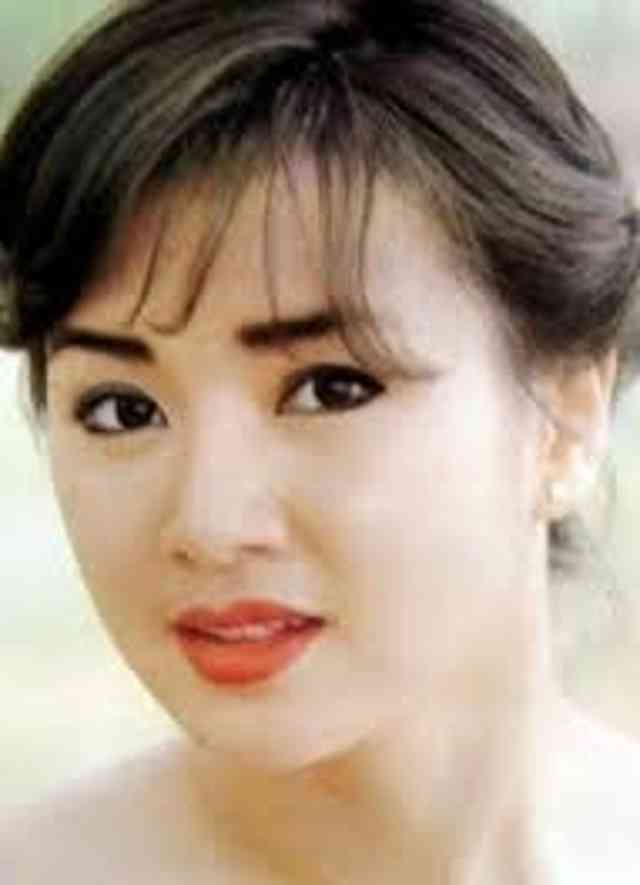
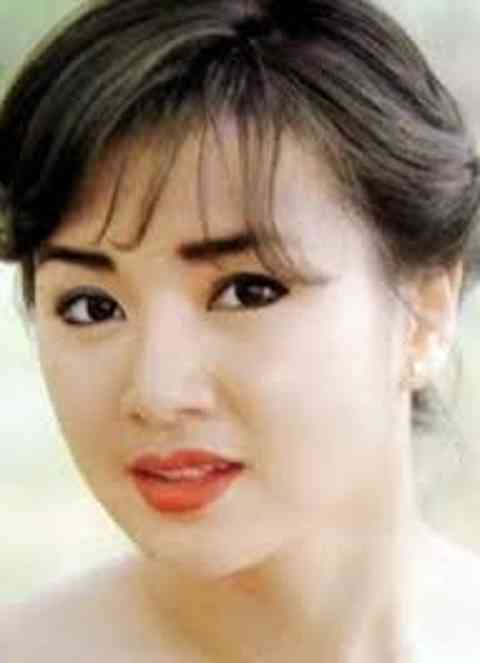
A veteran cameraman also praised her flawless on-screen presence, saying no matter where she appeared in a shot, she looked perfect. Jeong Yoon-hee made her film debut in 1975 with Desire, which was not a commercial success. However, her popularity grew after becoming a model for Haitai Confectionery, and she truly rose to stardom in 1977 when the drama Cheongsilhongsil, featuring her, became a major hit.
Jeong Yoon-hee
In 1979, Jeong Yoon-hee reached the pinnacle of her film career with notable works such as The Hunters of the City, When Love Deepens, Weekly Day, and A Deeper Sleep Than Death. Impressively, she delivered four successful films in a single year—a feat that remains rare even today.
That same year, she gained significant popularity through dramas like Hey, Gomryeya. Throughout the 1980s, she maintained her status as a leading star, alternating between roles in hostess films featuring nudity and melodramas.
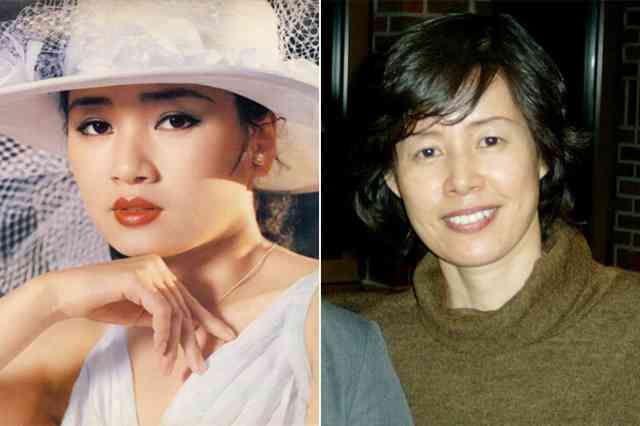
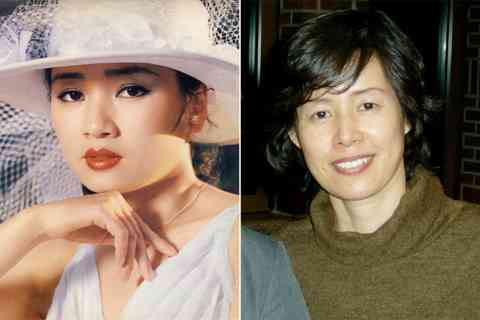
However, in 1984, she retired from the entertainment world following her marriage to Jo Gyu-young, chairman of Joongang Construction. After stepping away from the spotlight, she became a subject of public sympathy when her son tragically passed away in 2011 from cardiac arrest linked to drug addiction. Later, during the MBC Chuseok special Cafe Jeong Yoon-hee, fans hoped for her appearance, but she did not attend and instead sent letters and flowers as a response to her supporters.
Hwang Shin-hye
Actress Hwang Shin-hye was renowned for her stunning beauty in the 1980s, earning her the nickname “computer beauty” due to her flawless and captivating looks. She entered the industry as the 16th MBC talent in 1983, and if you asked nine out of ten people about the top beauty of that decade, most would name Hwang Shin-hye as South Korea’s quintessential beauty.


She rose to prominence as the lead actress in several melodramas throughout the 1980s. In the 1990s, her role in the drama Lover sparked a social craze—despite being in her 30s at the time, accessories like her hairpins, cosmetics, and bags became wildly popular with the public.
Later, she starred in the MBC weekend drama Cinderella, leaving a lasting impression and earning recognition for her acting at various award shows. In the 2000s, she appeared in the drama Man in Crisis, which achieved a high viewership rating of 30%.
Hwang Shin-hye
During her prime, Hwang Shin-hye’s style was widely imitated, with countless women copying the clothes and accessories she wore, making her a trendsetter much like today’s top celebrities. Since her debut, she has starred in numerous films and dramas and appeared in a variety of commercials and advertisements.
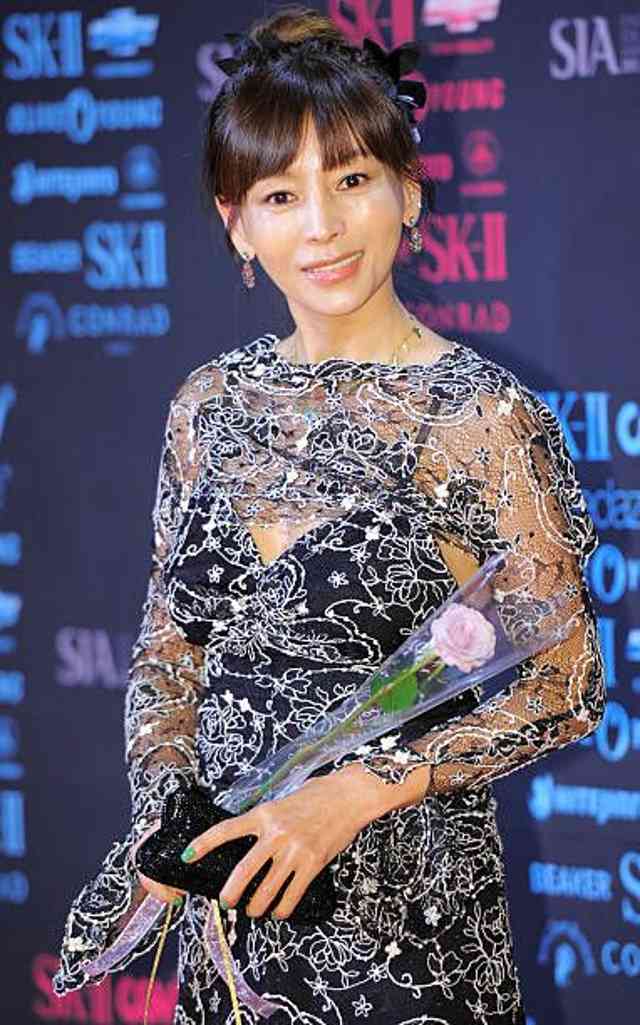
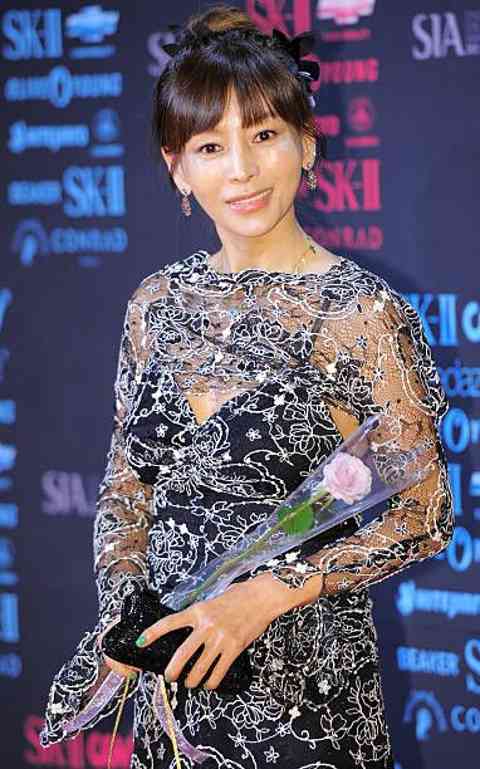
While her activity has slowed compared to her peak, she remains present in the public eye through ongoing broadcasting work. After starring in Cinderella in 1997, she received many drama offers but chose to take a break from acting for a time. She made a comeback in 2000 with Legend of Love, though reports indicated she declined roles in dramas like Match Made in Heaven, Rosy Life, Sweet Spy, and Come Back, Soon-ae.
Ultimately, she returned to the screen in 2009 with The Princess Returns and continues to work as an actress. Her daughter, Lee Jin-i, is a model signed with YG K Plus, and the two appeared together in the drama What’s Wrong with Mom from 2015 to 2016.
Lee Sang Ah
Lee Sang-ah rose to fame as a teen star during the 1980s and early 1990s. She made her acting debut in the drama Standing in the Mountain while in her first year of middle school in 1984. That same year, she entered the entertainment industry as an advertising model, followed by her film debut in Gilsottum in 1985.
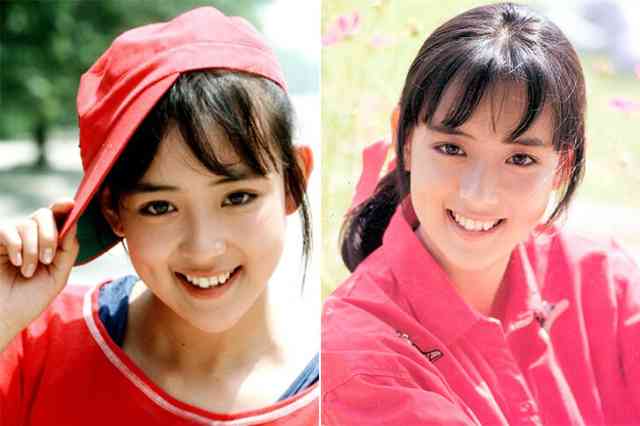
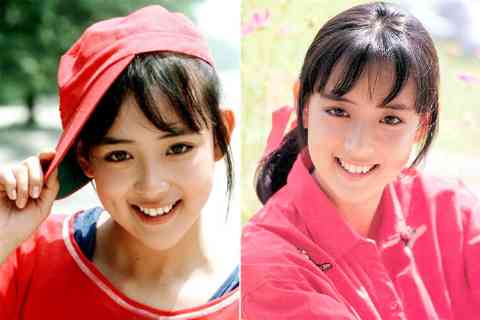
Following her debut, Lee appeared in numerous movies and dramas, earning widespread popularity as a teen idol throughout the ’80s and ’90s. She was often regarded as a “bookend star” alongside Lee Mi-yeon, particularly admired by middle and high school boys at the time.
As her fame grew, she starred in films like Watercolor on a Rainy Day and My Secret Diary, as well as the drama Last Match, which resonated strongly with college audiences. She also featured in various commercials, solidifying her status as a leading teen star from the mid-1980s to the early 1990s.
Lee Sang Ah
Lee Sang-ah married comedian Kim Han-seok, who was her age, in 1997, but they divorced just a year later. Following the separation, she kept a low profile in the entertainment world but made a comeback in 2015 after a nine-year break, starring in the film Madonna and the drama Pure You. She remarried singer and film producer Jeon Cheol in 2000, but the marriage ended within a year.
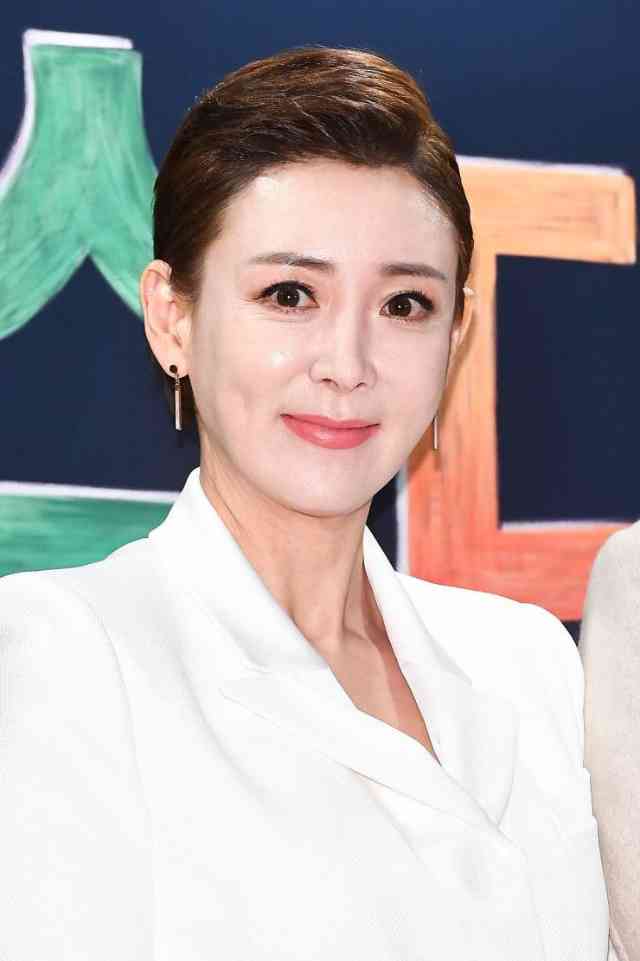
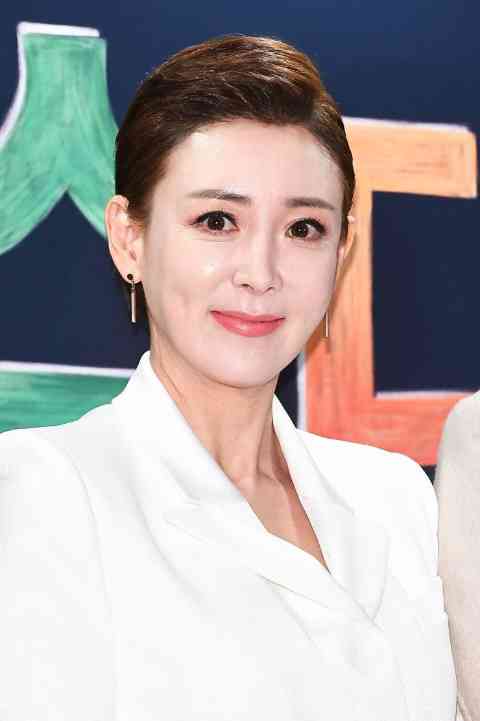
In 2003, she married Yoon Ki-young, and they appeared to be doing well together until news of their divorce surfaced in 2016, which disappointed many fans. Her private life, including her marriages and divorces, became a hot topic once again after being featured on the show Heard It Through the Grapevine.
Her most recent appearance was on Leaving the Nest Season 3 in 2019, alongside her daughter Yoon Seo-jin, but she faced harsh criticism online due to her history of three marriages and divorces. Because of the ongoing malicious comments, she announced through her agency, Marathon Entertainment, that she had filed lawsuits against netizens responsible for the hateful posts targeting her and her daughter.
Ha Hee Ra
Ha Hee-ra rose to fame as a teen star in the mid-to-late 1980s. She made her acting debut in the 1985 teen drama High School Diary and began attracting attention with her role in the 1986 KBS historical drama Nodaji. Initially known for portraying youthful characters, she gained broader recognition by taking on more mature roles, such as in Sky, Sky in 1988, and further established herself as an adult actress with her lively portrayal of Yeong-chae in What Women Live For in 1990.
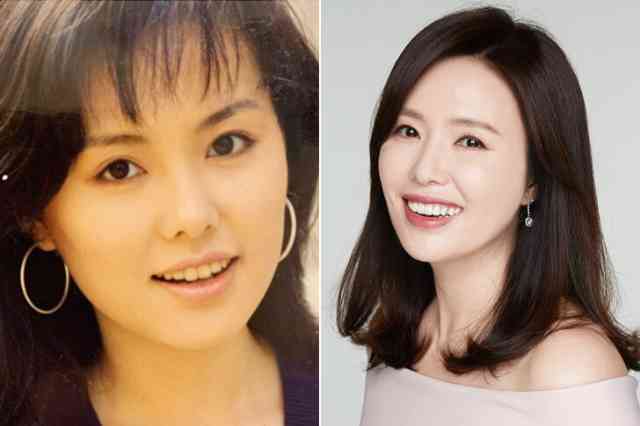
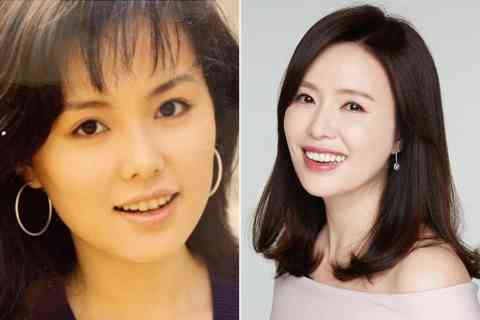
She then starred in the weekend drama What Is Love, which achieved the highest average viewership ratings for dramas since the 1990s, solidifying her status as one of the era’s top stars. In 1993, she married actor Choi Soo-jong and became a naturalized Korean citizen. That same year, she took the lead role in the drama Mundong, earning critical acclaim and winning the Grand Prize at the young age of 24. Even after marriage, she continued to work consistently, maintaining her popularity as a leading actress.
Ha Hee Ra
Ha Hee-ra and her husband Choi Soo-jong have continued to make joint appearances on television, maintaining their reputation as one of the most beloved couples in the Korean entertainment industry. Since their marriage, they’ve been admired as a model lovebird couple, and Choi Soo-jong is well known for publicly expressing his unwavering affection for Ha Hee-ra, a devotion he’s proudly displayed since 1993.
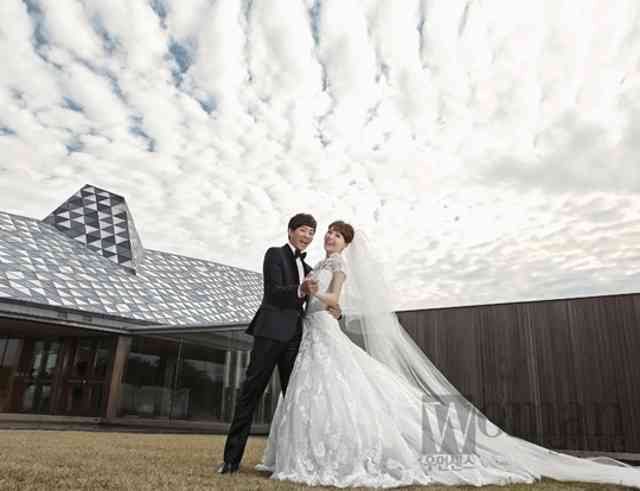
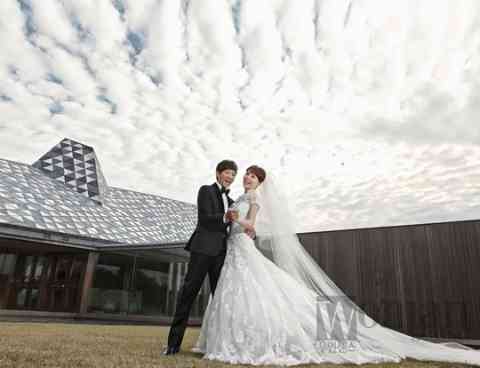
The couple recently served as MCs on Mr. House Husband 2, which exceeded 12% in viewership ratings. Their natural chemistry and loving interactions, along with glimpses of their everyday married life, won over audiences and stirred envy among viewers. Most recently, they appeared together on SBS’s Shoes Off and Single for Men, where the revelation that they were sleeping in separate rooms for the first time in their 28 years of marriage sparked widespread interest. The reason, however, was due to Choi Soo-jong’s injury, which made separate rooms necessary—a situation that left viewers both amused and relieved.
Chae Shi Ra
Chae Shi-ra began her career as a magazine cover model in 1982 and officially entered the entertainment industry in 1983 through a commercial for Orion Digestive. She gained early recognition after becoming the face of Lotte Ghana Chocolate in 1984. Her acting debut came in 1985 with the drama High School Diary, where she quickly rose to fame as a high-teen star, admired for her innocent beauty.
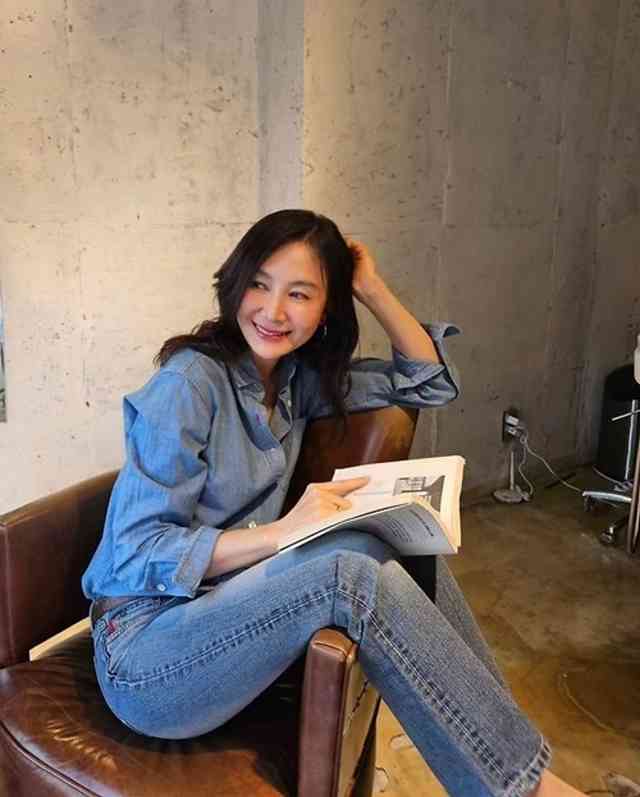
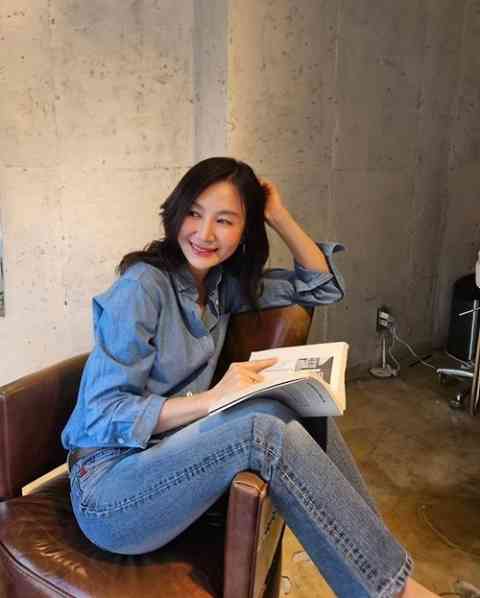
A major turning point in her career came in 1988 when she moved to MBC and appeared in the drama Eyes of Dawn. In the series, she portrayed Yoon Yeo-ok, a tragic character, and was praised for her fearless and emotionally powerful performance, which marked her transition into a mature actress and elevated her status as a skilled beauty star. She continued to gain acclaim through standout roles in popular dramas like Son and Daughter and The Moon of Seoul, further solidifying her reputation as a talented and beloved actress.
Chae Shi Ra
Chae Shi-ra married singer Kim Tae-wook in March 2000, and the couple has a son and a daughter. Shortly after tying the knot, she returned to the screen with the drama Long Live Women in the fall of 2000, which was a success, reaching a peak viewership rating of 36.5%. Even after marriage and becoming a mother, she maintained her popularity through consistent work.
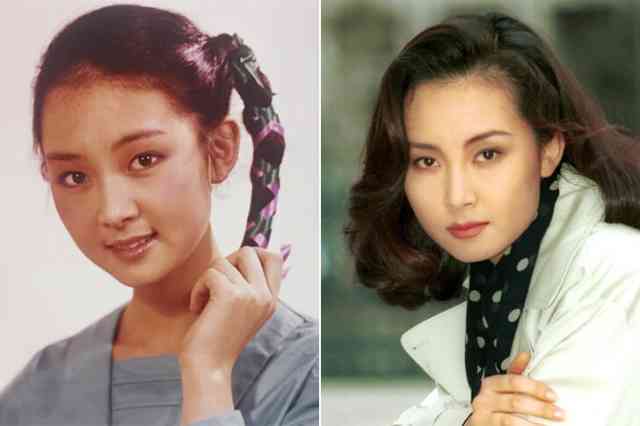
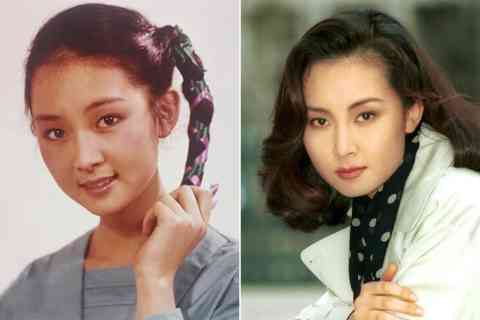
Though she faced a brief slump in the 2000s, she regained her star status with the 2004 KBS weekend drama Conditions of Endearment, earning praise for her refined and mature acting, as well as high ratings.
Throughout the 2000s, she remained active in both acting and public service. Alongside her husband Kim Tae-wook, she also contributed to social causes, serving as a public relations ambassador for initiatives like the Ministry of Gender Equality and Family’s Happy Family campaign and the Fruit of Love charity.
Lee Yeon-su
Lee Yeon-soo began her career in 1980 as a member of the MBC Children's Choir and made her acting debut in 1981 with the drama Tiger Teacher, where she played the role of the "Vice President of Class 5, Grade 5." She quickly rose to fame as a high-teen star alongside Ha Hee-ra and Kim Hye-sun.
While her contemporaries were known for their acting, Lee Yeon-soo carved out her niche as a commercial model, thanks to her pure and innocent image. During her peak, she starred in around 50 commercials, and her annual modeling income reached about 8 million won—equivalent to the price of an apartment at the time.


Some of her most memorable ads include Dong-A Pharmaceutical's Gagrin and LG Electronics' Goldstar Mini Cassette “Aha.” Though she was a dominant figure in advertising throughout the 1980s, her entertainment activities gradually declined, and after a supporting role in the 1993 film Walk to the Sky, she took a break and eventually stepped away from the industry.
Lee Yeon-su
After a 12-year hiatus from the entertainment industry, Lee Yeon-soo made a comeback in China in 2005. Though not as active as during her heyday, she gradually began appearing in various dramas and films. In April 2016, she gained renewed attention through her appearance on Flaming Youth, impressing audiences with her remarkably preserved looks, unchanged since her debut.


In January 2018, she signed an exclusive contract with Mamamoo Creative, marking the first time in her 37-year career that she joined an official agency. Most recently, Lee Yeon-soo appeared on SBS PLUS’s Are You Eating? alongside Kim Soo-yong and Han Young, where she reflected on her past popularity.
On the show, she openly discussed her former earnings and commercial work, while also addressing rumors surrounding her personal life, including marriage and divorce, allowing fans to reconnect with her both personally and professionally.
Kim Hye-seon
Kim Hye-seon’s path to stardom began unexpectedly when, during middle school, she visited a commercial production office to promote a school bazaar and caught the eye of a cameraman. This chance encounter led to her debut as a model. Throughout high school, she appeared in numerous commercials for major brands like Orion, Lotte Samkang, and Hankook Cosmetics.
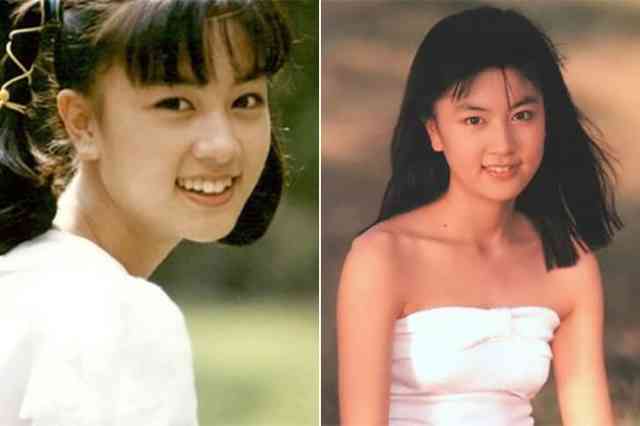
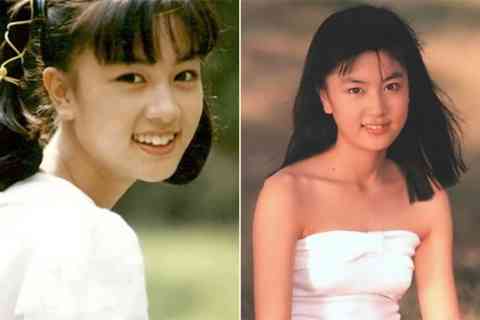
She made her acting debut in the youth drama Blue Classroom during her senior year of high school, quickly gaining popularity as a high-teen star known for her bright and innocent image. Early in her career, she also worked in Japan under the stage name Shirakawa Shoko, where she became especially popular among teenage boys.
Her fame soared with her appearance in the hit film Walk to the Sky, marking the height of her early success. Later, in 2011, she drew significant attention for her bold role in the film Perfect Partner, where she performed her first nude scenes in the 20 years since her debut, sparking widespread discussion.
Kim Hye-seon
In 1995, Kim Hye-sun moved to the United States after getting married, but returned to Korea three years later and resumed her acting career with the drama River of Motherly Love. Following her divorce in 2003, she quietly remarried a businessman in 2004, though that marriage also ended in divorce in 2009. In 2015, she appeared on the show Flaming Youth, where she opened up about her personal life.
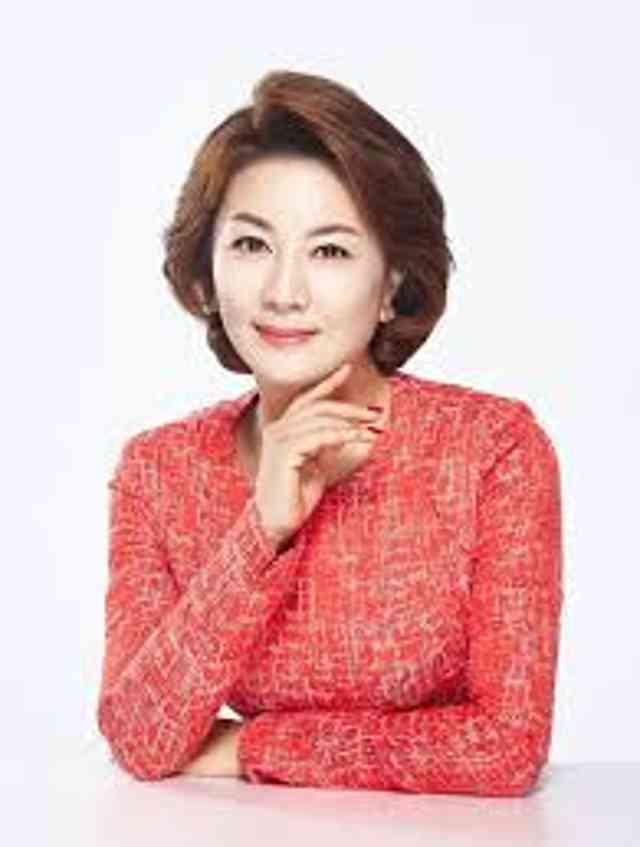
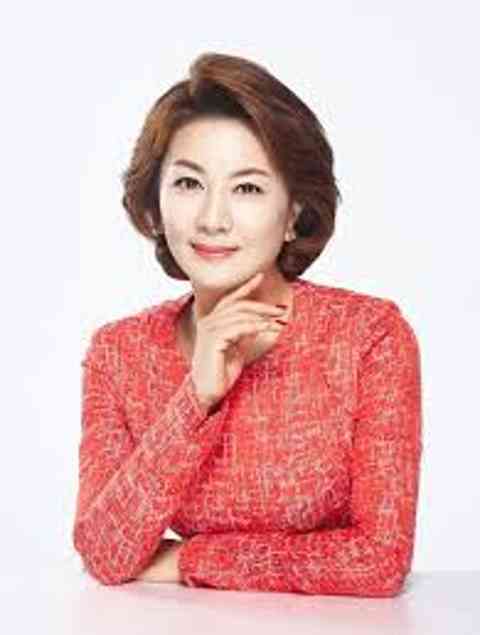
Kim Hye-seon has generally received positive feedback for her portrayals of gentle and composed supporting characters. Notable performances include her roles as Bu Yong-hwa in The King’s Flower Fairy, Jeong Sang-gung in Dong Yi, and Deok-pil in Famous Seven Princesses.
However, her attempts at playing villainous characters have drawn mixed reactions, often sparking controversy over her acting. A particularly harsh example was her portrayal of Kang Bok-hee in Cheongdam-dong Scandal, which led to unfavorable reviews and even earned her the nickname "Angry Hye-sun" due to her exaggerated expressions.
Choi Soo-ji
Actress Choi Soo-ji gained widespread popularity in the 1980s for her innocent and gentle appearance. She entered the entertainment scene in 1987 after being selected through KBS's 12th talent recruitment program and made her debut in the drama Love Blooms, where she played Seok-yeong, an art student. Her big break came when she starred as Seo-hee in the drama Land, a role that catapulted her to stardom and earned her the Best New Actress Award at the 1988 KBS Drama Awards.


Despite being relatively inexperienced, she impressed viewers by convincingly portraying characters ranging in age from their teens to their fifties, thanks to both her natural beauty and steady acting skills. Following the success of Land, she became a sought-after actress in many dramas, though her appearances gradually declined after 1996.
In 1990, she married a Korean-American named Yoon, who was reportedly engaged to actress Kim Cheong at the time. This led to harsh public criticism, with Choi being labeled as someone who "stole another woman's fiancé." However, the marriage ended in divorce just six months later.
Choi Soo-ji
Following her divorce, Choi Soo-ji made a successful return to the screen with the film For Agnes, which became a box office hit. She continued to appear in various projects afterward, but in 1997, she stepped away from the entertainment industry after remarrying an American military doctor and immigrating to the United States.
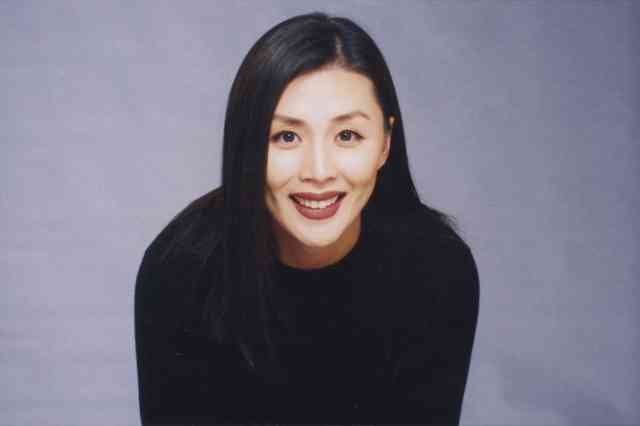
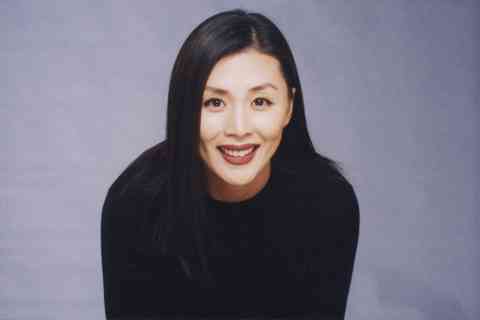
Although she briefly returned to acting in the 2004 drama Ice Princess, she has not taken on any acting roles since. Instead, Choi Soo-ji has embarked on a second career as a painter. She had always shown a strong interest in art and possessed notable talent in drawing, which led her to pursue it seriously after receiving a special award at the Samsung Contemporary Art Exhibition. Since 2006, she has been studying Western painting at a university and has dedicated herself fully to her work as an artist, even holding solo exhibitions to showcase her artwork.
Lee Bo-hee
Lee Bo-hee is regarded as one of the leading actresses of the 1980s. She entered the entertainment industry as part of MBC’s 11th talent recruitment in 1979. Although her early career was relatively quiet, her fortunes changed when director Lee Jang-ho discovered her and cast her in the film Ilsongjeong Blue Pine in a supporting role, marking her entry into the film world. Her breakout came with Declaration of Fools, in which she played a fake college student—a performance that significantly boosted her public recognition.
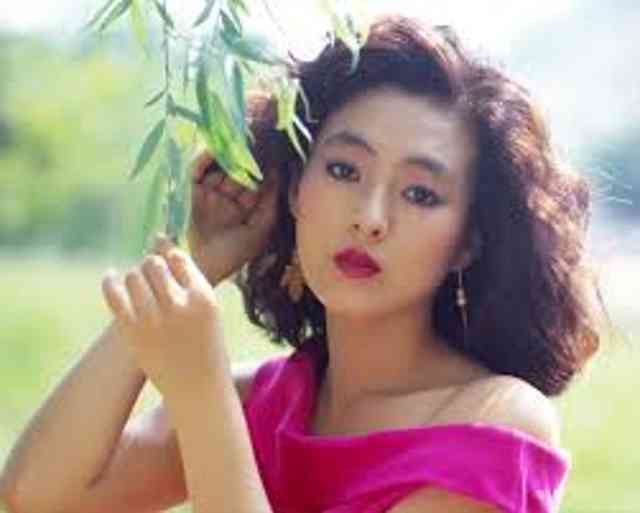
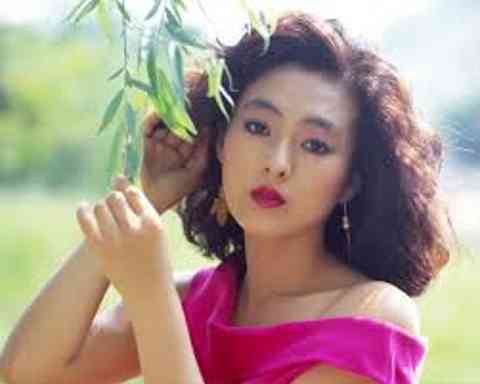
Interestingly, her stage name "Lee Bo-hee" was given to her by director Lee Jang-ho, borrowing his own surname. Some of her most notable film roles include Between Knees, Eoudong, Lee Jang-ho’s Foreigner Baseball Team, and The Traveler Never Rests on the Road. While she was a major film actress in the 1980s, she transitioned to television in the 1990s and beyond, building a strong presence in dramas such as Empress Cheonha, Which Star Are You From, Run, Mom, My Heaven, and Okay Kwang Sisters.
Lee Bo-hee
Lee Bo-hee was considered one of the most iconic actresses of the 1980s, but her peak as a leading star was relatively brief. While she enjoyed both commercial success and critical acclaim—earning several major awards, including from the Baeksang Arts Awards—her career was interrupted in 1988 when she temporarily retired after getting married.
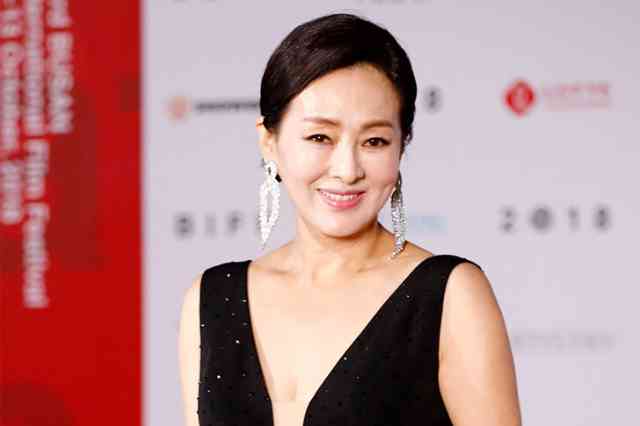
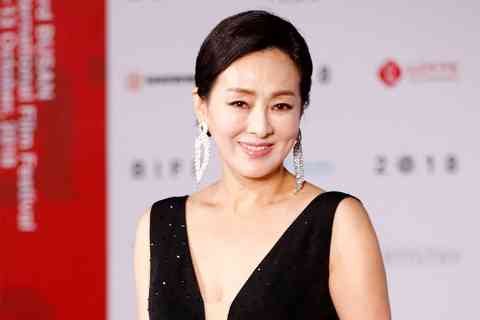
Unlike her fellow “troika” actresses of the era, Won Mi-kyung and Lee Mi-sook, who continued to build their careers into the late '80s and beyond, Lee Bo-hee didn’t achieve the same level of sustained success following her hiatus. During her prime, she was admired for her striking appearance and sensual charisma, although her acting was sometimes viewed as less refined compared to her peers.
Nevertheless, she successfully transitioned into middle-aged and supporting roles over time, gradually expanding her acting repertoire. Today, she continues to maintain a steady presence in television dramas and various broadcasts, showcasing her versatility and longevity in the industry.
Kang Soo-yeon
Kang Soo-yeon was one of the most prominent South Korean actresses from the late 1980s to the early 1990s and is widely regarded as a symbol of the Korean film industry. She began her career in 1969 as a child actress for Dongyang Broadcasting and rose to national fame in 1983 through the drama High School Diary, where she became a beloved teen icon, often referred to as a “bookend goddess” by high school students of the time.
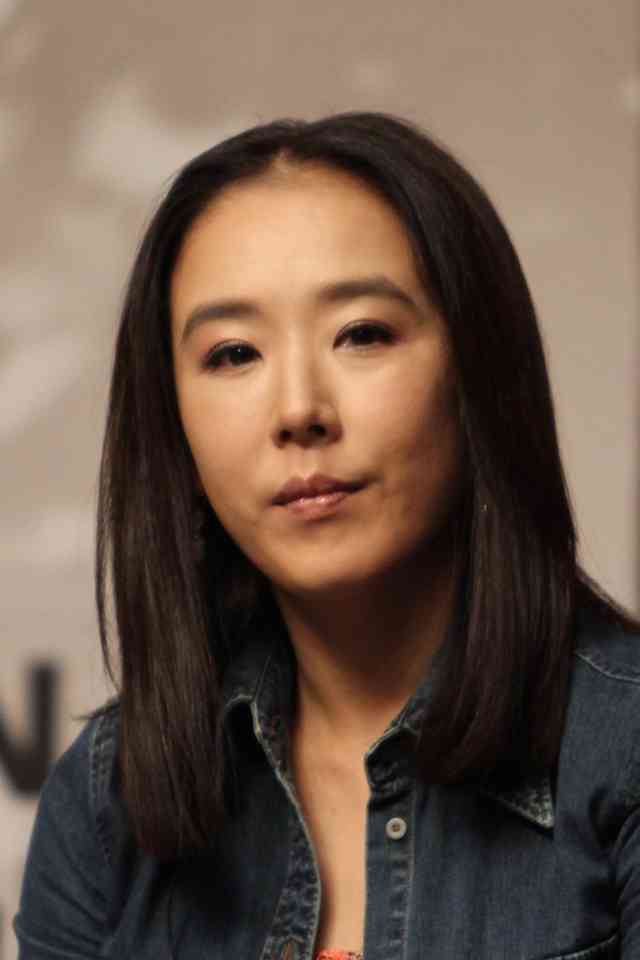
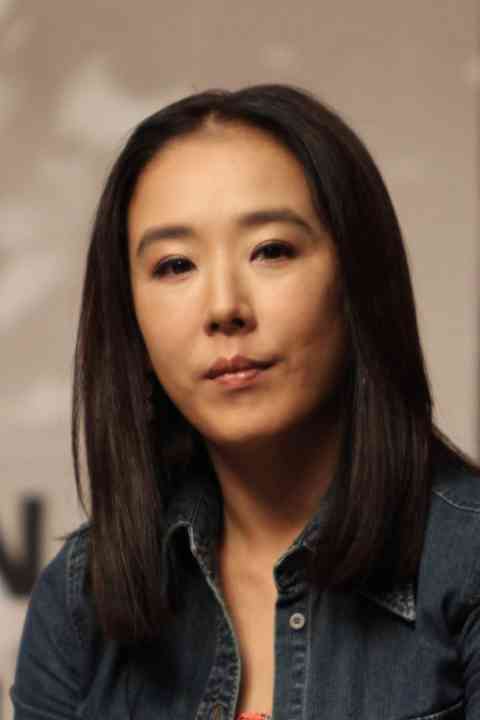
Her transition to adult roles began with Whale Hunting 2 in 1985, marking a significant turning point in her career. She went on to receive immense critical acclaim, winning three Grand Bell Awards and three Film Critics Awards for Best Actress.
Internationally, she gained recognition by winning the Best Actress Award at the 44th Venice International Film Festival for her performance in Surrogate Mother in 1987. She further cemented her global status by winning the Best Actress Award at the Moscow International Film Festival in 1989 for Aje Aje Bara Aje, solidifying her legacy as one of Korea’s most accomplished actresses.
Kang Soo-yeon
Kang Soo-yeon's remarkable career stands out because she was the first Korean actor to win a top prize at a major international film festival, a groundbreaking achievement that paved the way for future generations of Korean actors. Her success not only brought international recognition to Korean cinema but also inspired countless peers and juniors in the industry.
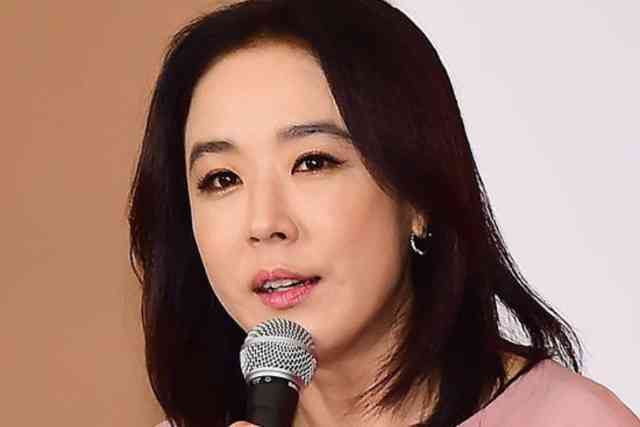
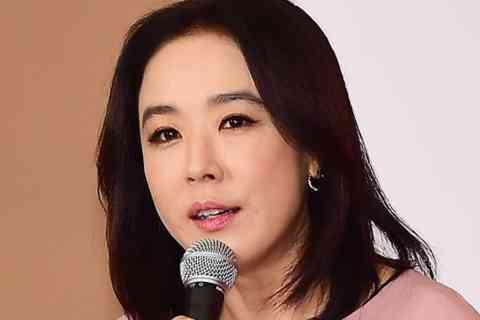
Living up to her reputation, Kang became the first Korean actor to command a guaranteed salary in the hundreds of millions of won, with her commercial appearance fees reportedly exceeding 400 million won at the time. Although her 1994 film Days of Roses did not perform well at the box office, she remained committed to her craft and maintained her focus on acting.
In 2001, she made a return to television with the drama Women of the World. From then on, Kang continued to act in films occasionally and was a frequent presence at film-related events. In 2015, she took on a new role as co-executive director of the Busan International Film Festival. Despite lacking administrative experience, she earned praise for her dedication and effective leadership.
Na Young-hee
Na Young-hee is a veteran actress who rose to fame in the 1980s and continues to remain active in the entertainment industry. She began her career in 1980 as part of MBC’s 12th open talent recruitment and was primarily involved in film during the early years.
In the 1980s, she became known for her roles in erotic films, most notably starring in Prostitution, which gained massive popularity and became the top-grossing Korean film in 1988. Although she portrayed many tragic and innocent characters during that era, her recent roles have showcased her versatility, often portraying intense villains or offering comedic relief.
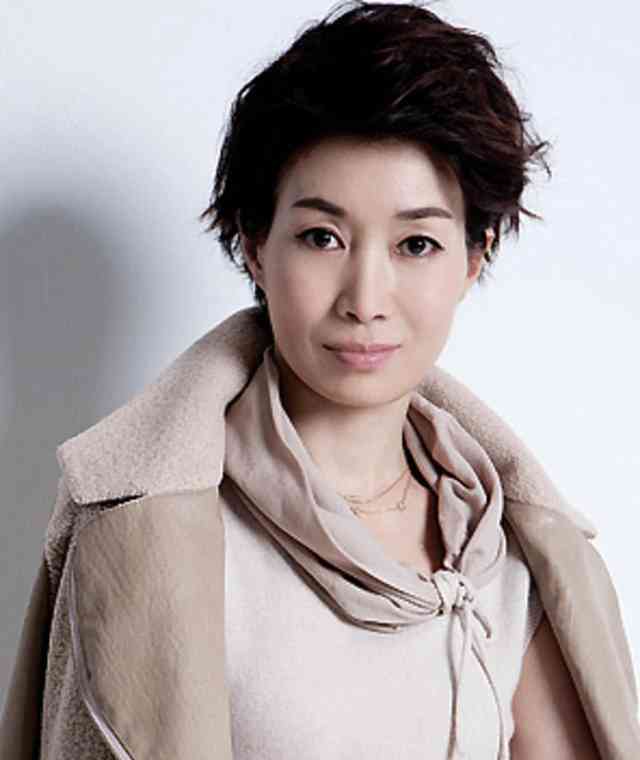
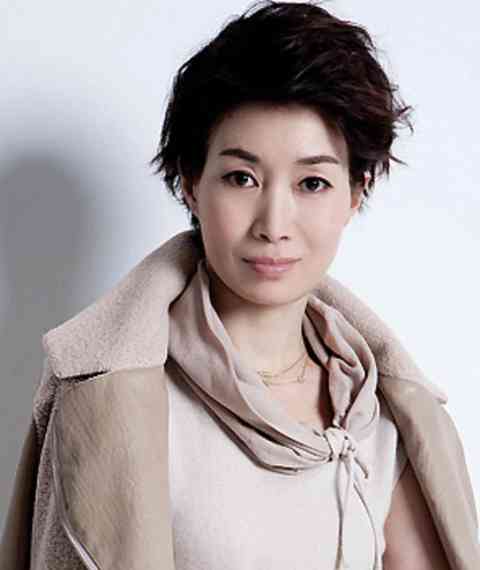
Since the 1990s, she has shifted more toward television and has been featured in numerous hit dramas, including The World They Live In, Queen of Housewives, My Secret Romance, Rooftop Prince, Good Doctor, and My Love from the Star, solidifying her status as a respected and enduring figure in Korean entertainment.
Na Young-hee
Na Young-hee earned praise for her standout performance as Yang Mi-yeon, the mother of Cheon Song-yi, in the drama My Love from the Star, which peaked at an impressive 28% viewership rating. She continued to showcase her versatility in the 2015 drama What’s With This Family, where she portrayed Baek Seol-hee, a bold and capable career woman.
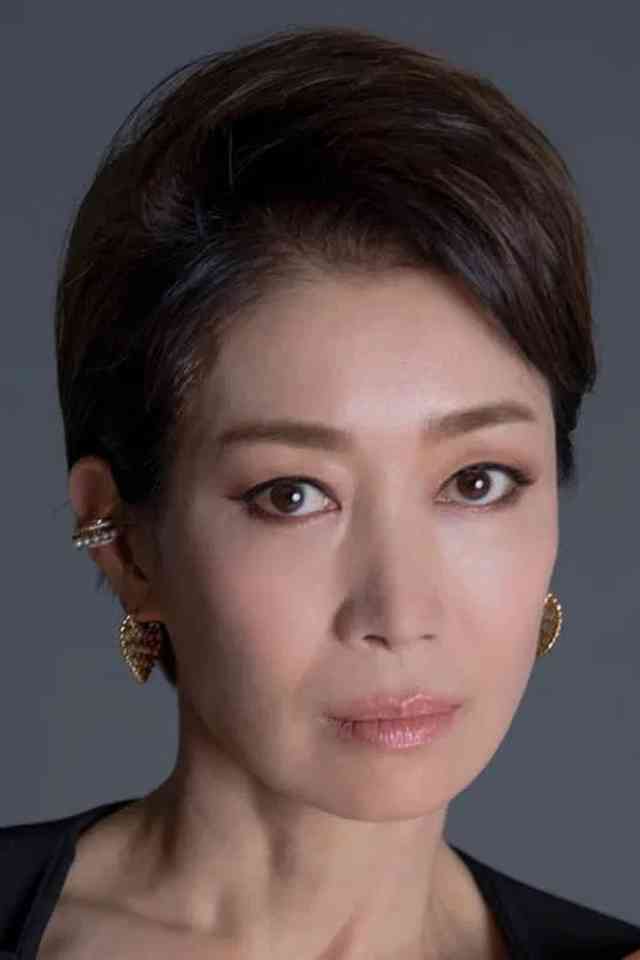
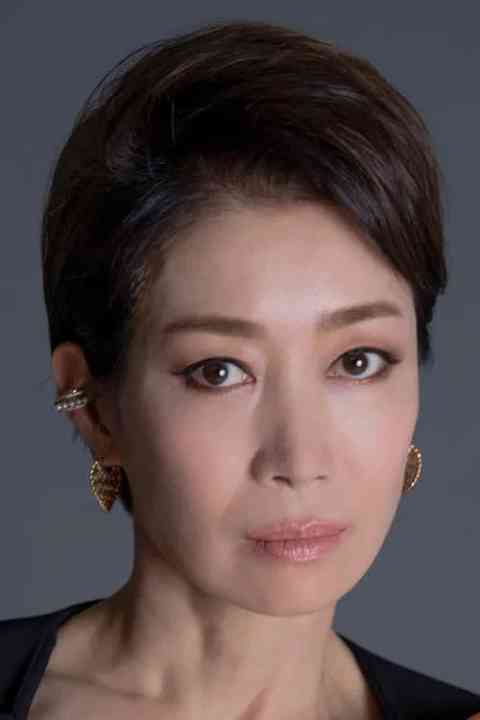
That same year, she took on the role of Byun Mi-sook, a ruthless entertainment agency head, in the hit drama Producer, further boosting her popularity. Since then, she has consistently appeared in well-received dramas such as I Have a Lover, Glamorous Temptation, Lucky Romance, and Legend of the Blue Sea.
Her extensive and impressive filmography, easily found on major internet portals, is a testament to her ongoing success. Today, Na Young-hee is widely regarded as one of the most reliable and in-demand mid-career actresses on television, earning the nickname "an actress you can trust to watch."
Lee Mi-yeon
Lee Mi-yeon remains an active actress today and first gained popularity in the 1980s with her pure and innocent high-teen image. She made her debut in 1988 with the drama Joy of Love, and soon became known for portraying a sweet and naïve high school student in Love Blooms 2.
Her fame grew with her roles in hit teen films like Happiness Is Not in Grades and Let's Look at the Sky Sometimes, earning her recognition as a beloved youth icon of the era. She was often seen as the symbol of first love and innocence, even becoming the face of Lotte Ghana Chocolate.
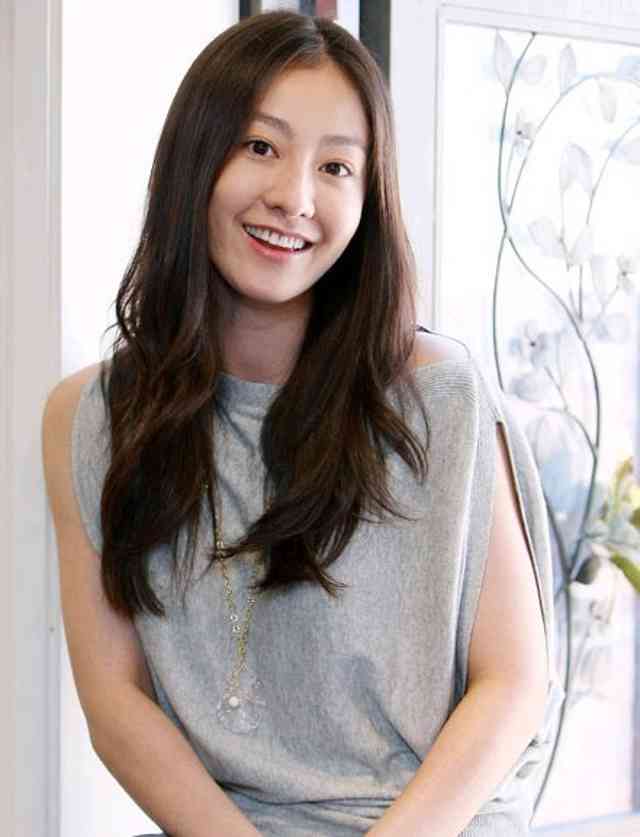
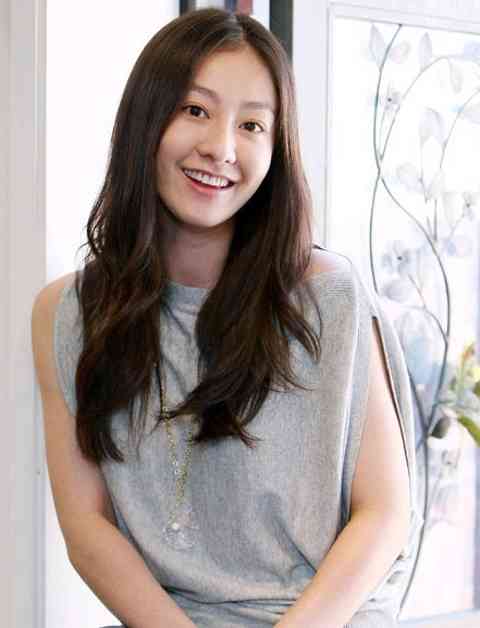
In the mid to late '90s, Lee Mi-yeon transitioned into more mature roles, appearing in critically acclaimed films such as Number 3, Motel Cactus, and Whispering Corridors. After a brief break from TV, she returned in 1999 and made a significant impact in 2001 with her performance as the young Empress Myeongseong in the popular historical drama Empress Myeongseong, earning praise for her commanding presence and acting skills.
Lee Mi-yeon
Lee Mi-yeon gained critical acclaim for her performance in the 2000 film Pisces, earning her the Best Actress award at the Blue Dragon Film Awards. She followed this with another major accolade, winning Best Actress at the Grand Bell Awards for her role in the 2002 film Addiction. Throughout her career, she also appeared in notable dramas such as Crazy in Love, Merchant Kim Man-deok, and Reply 1998, where her acting skills were consistently praised.
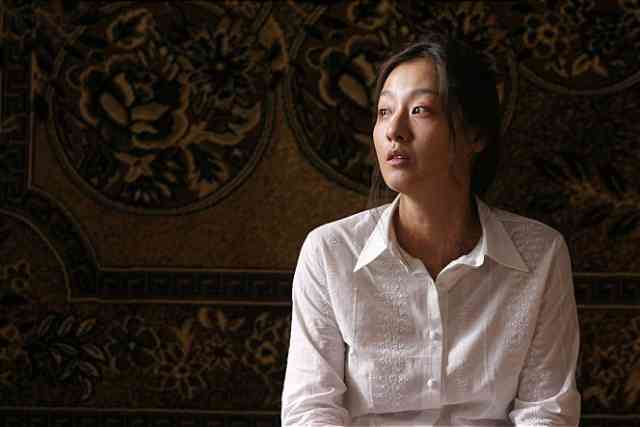
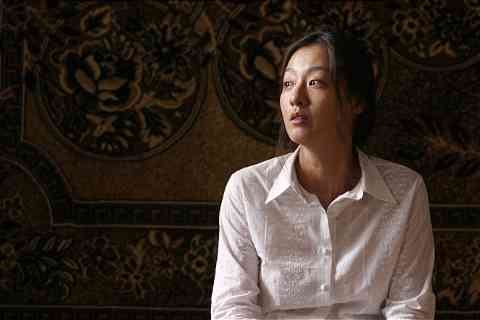
One of her most iconic performances came in the 2001 drama Empress Myeongseong, which is often regarded as her career-defining work and marked a second peak in her popularity. However, since the mid-2000s, her on-screen appearances have become rare.
Her last major TV appearance was in the 2013 reality show Sister Over Flowers, where her candid and laid-back personality, quite different from her usual reserved image, drew public attention. It was even rumored that she has a fun-loving nature and a strong tolerance for alcohol, surprising many fans.
Ok So-ri
Actress Ok So-ri began her career in the entertainment industry in 1989 as a model for Pacific Cosmetics. She soon transitioned into acting, making her debut as Jong-mi in the film Guro Arirang. Throughout her career, she starred in several well-known films such as Watercolor on a Rainy Day, Portrait of Youth, White Rainy Days, and Karuna, and appeared in dramas like Land of Humans, Aunt Ok, When the Salmon Returns, Run, A Thousand and One Nights, and Shadows of Old Love.
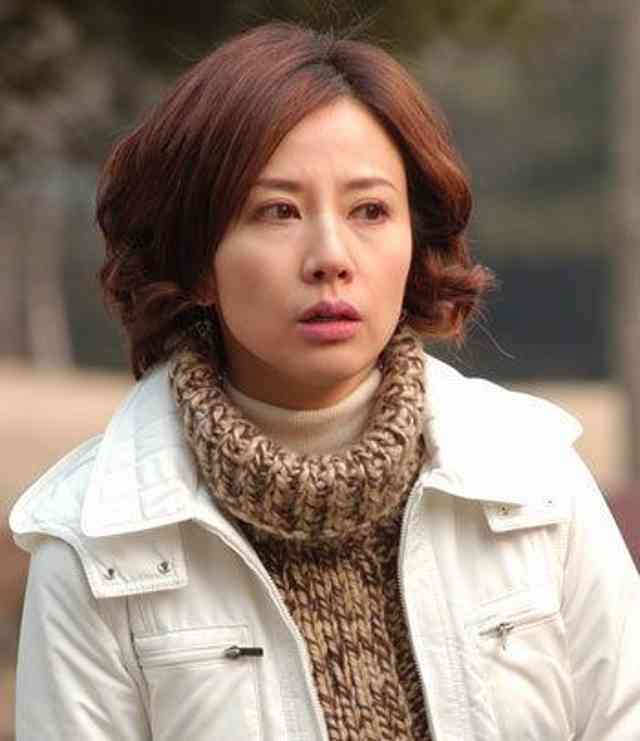
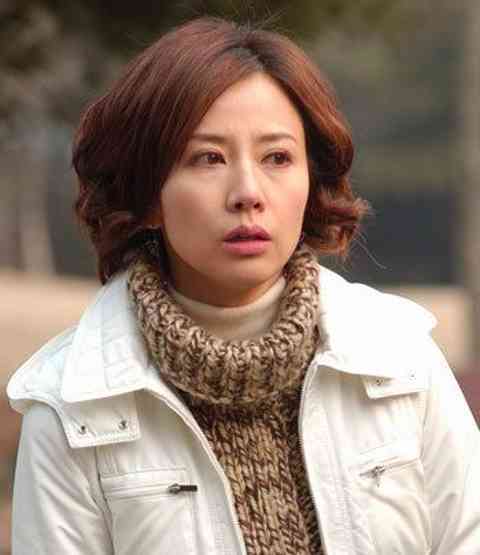
In 1995, she married actor Park Chul, and the couple was widely regarded as a model pair in the industry. However, their image as a happy couple was shattered in 2007 when they filed for divorce amid a scandal revealing that their marriage had been a façade.
The situation drew intense media attention after it was revealed that Ok So-ri had committed adultery, resulting in an eight-month prison sentence with a two-year probation—making her the center of a major controversy in the entertainment world.
Ok So-ri
In March 2014, Ok So-ri appeared on SBS’s Midnight TV Entertainment, expressing a strong desire to return to the entertainment industry and signaling her comeback. She also appeared on tvN’s Talk Show Taxi that same month, stating that all legal matters had been resolved. However, shortly after, the Sunday Newspaper reported exclusively that Ok So-ri and her current husband, an Italian chef, were under suspension of prosecution, contradicting her earlier claims.
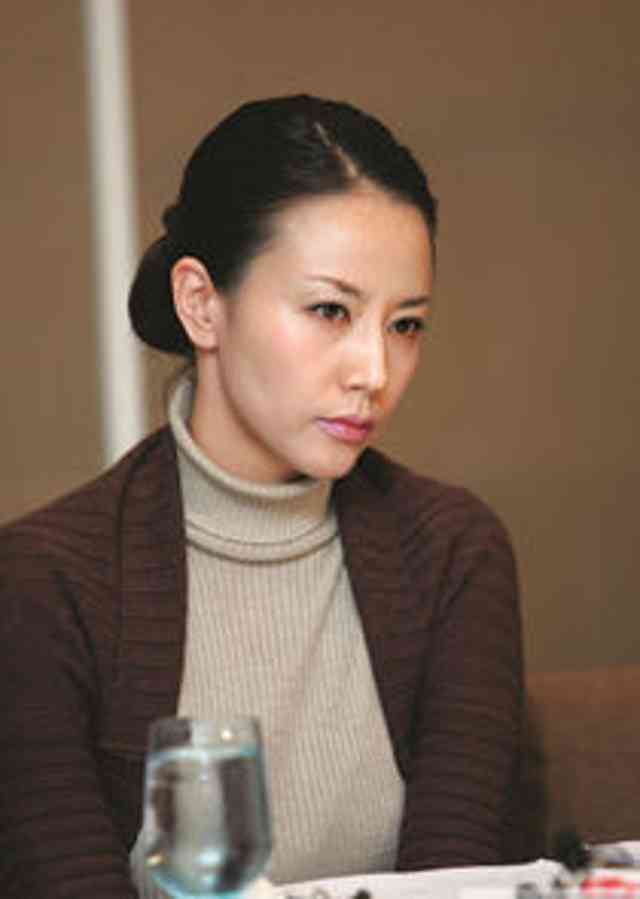
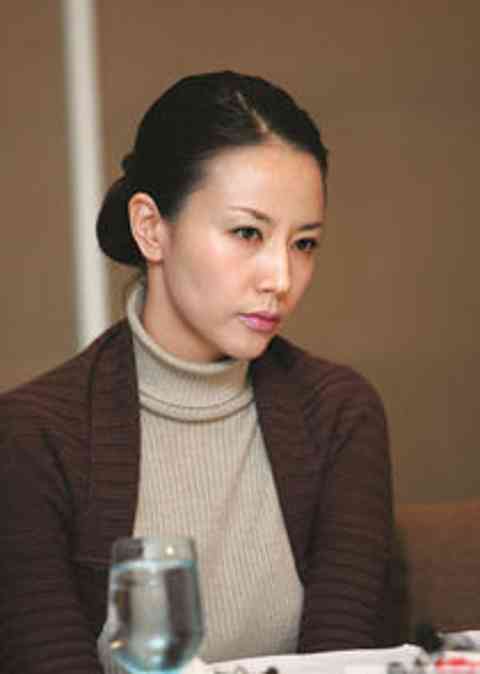
The news of her attempted return sparked widespread public interest. During the March broadcast, commentator Heo Ji-woong criticized public reactions to her comeback, defending her right to return. However, when the conflicting legal information surfaced the very next day, Heo Ji-woong faced backlash, and the program’s production team issued a formal apology to viewers. Ultimately, with public sentiment turning and her return plans disrupted, Ok So-ri quietly withdrew once again and returned to Taiwan.
Kim Hye-soo
Kim Hye-soo is widely regarded as one of South Korea's leading middle-aged actresses, known for her dynamic range, charismatic screen presence, and natural acting ability. She possesses a unique blend of humor, charm, and versatility that allows her to embody a wide variety of characters with ease.
A black belt in Taekwondo, Kim was discovered by a commercial director seeking someone fit for an action scene and made her debut in 1985 at the age of 16 in a Nestlé Milo commercial as a Taekwondo girl.
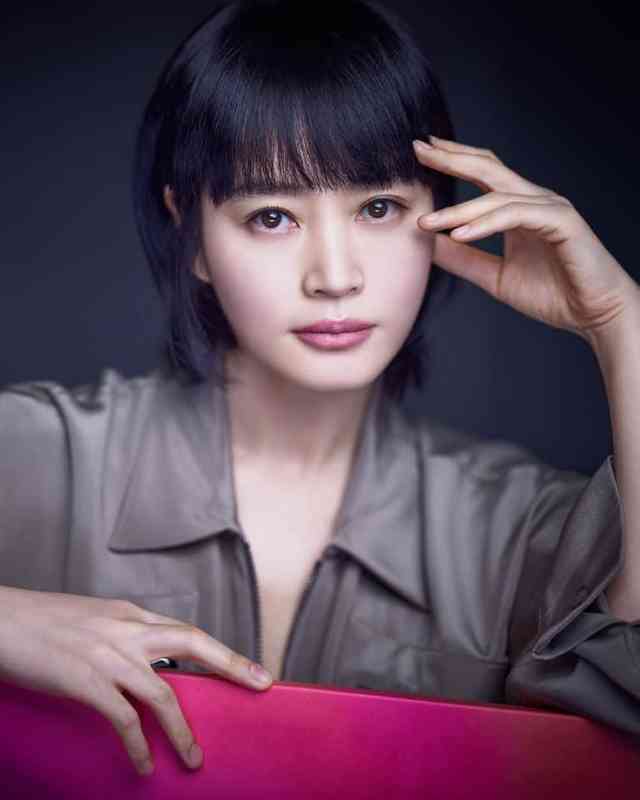
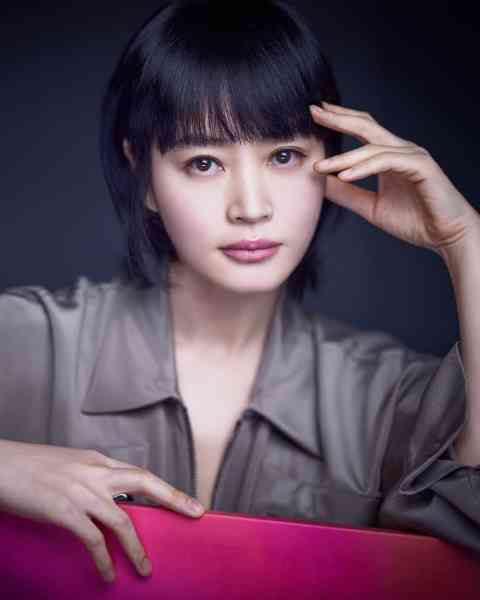
Her talent quickly caught the eye of film director Lee Hwang-rim, who cast her in the lead role of the 1986 film Kambo, officially launching her acting career. She went on to appear in notable films like The Last Winter and Adults Don’t Know, but it was First Love that truly catapulted her to stardom, earning her the Blue Dragon Film Award for Best Actress — becoming the youngest actress to win the honor.
While initially known for her pure and innocent image, Kim Hye-soo later made a bold transformation in the sitcom Three Families Under One Roof, drawing attention with her confident and glamorous figure — a dramatic image shift that sparked much public interest at the time.
Kim Hye-soo
Kim Hye-soo is a rare example of a teen star who has not only maintained but strengthened her position in the entertainment industry over the past 35 years. Unlike many of her peers from the 1980s who have faded into nostalgia, she continues to thrive as a top-tier actress and is even considered a role model by many women for her compelling performances and distinctive on-screen presence.
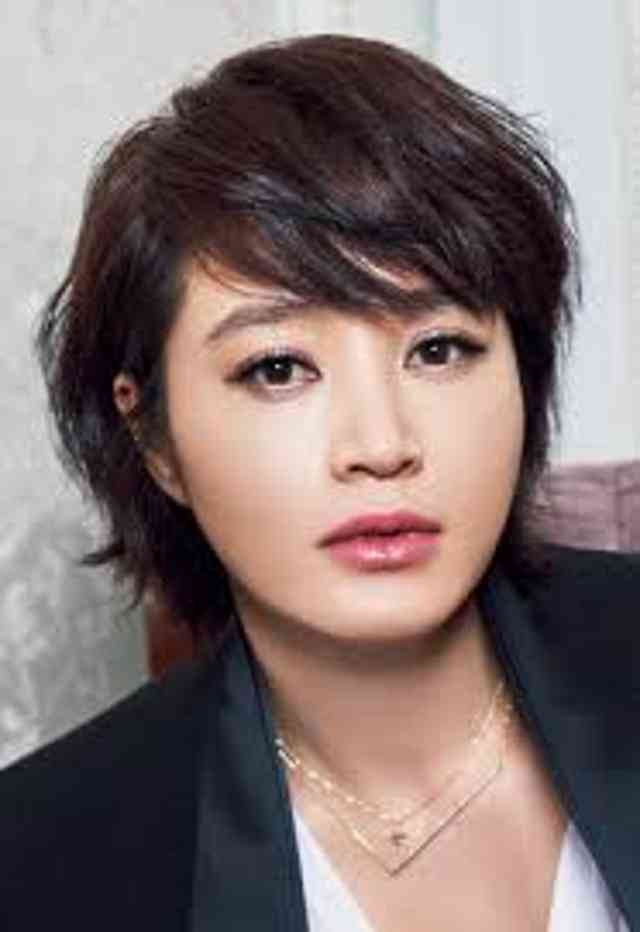
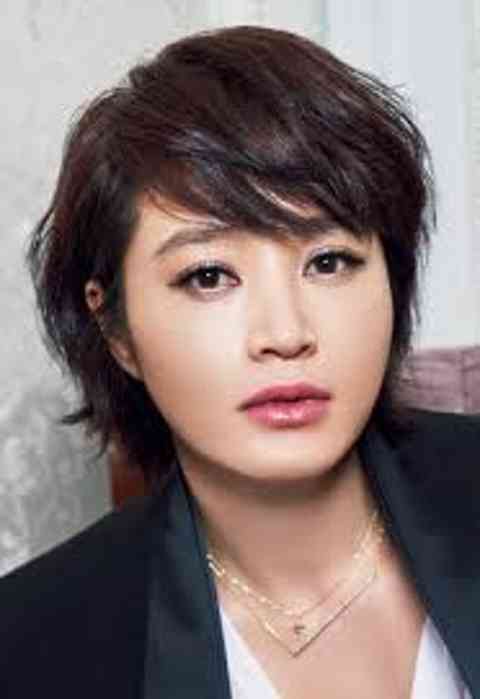
Her impressive career is backed by a stellar awards record — she has received the Best Actress award at Korea’s three major film awards five times, the top acting honors at the three major drama broadcasters three times, and twice took home the Best Actress award in TV at the prestigious Baeksang Arts Awards.
In the 2000s, she delivered hit after hit with films like Tazza, The Thieves, The Face Reader, Chinatown, and Goodbye Single, as well as TV dramas such as Style, God of Workplace, and Signal, all of which were met with critical acclaim and public love. Notably, The Thieves was a massive box office success, drawing in nearly 13 million viewers and earning Kim the distinction of being a “10 million-ticket actress.”
Cho Yong-won
Actress Cho Yong-won is known as one of the original high-teen stars. When she was in her third year at Seongjeong Girls' Middle School, she accompanied older classmates involved in Girl Scout activities to a talent audition. There, she was encouraged by a broadcasting station employee to apply for the Miss Lotte Contest, and she ended up being selected as part of the 8th KBS open talent recruitment.
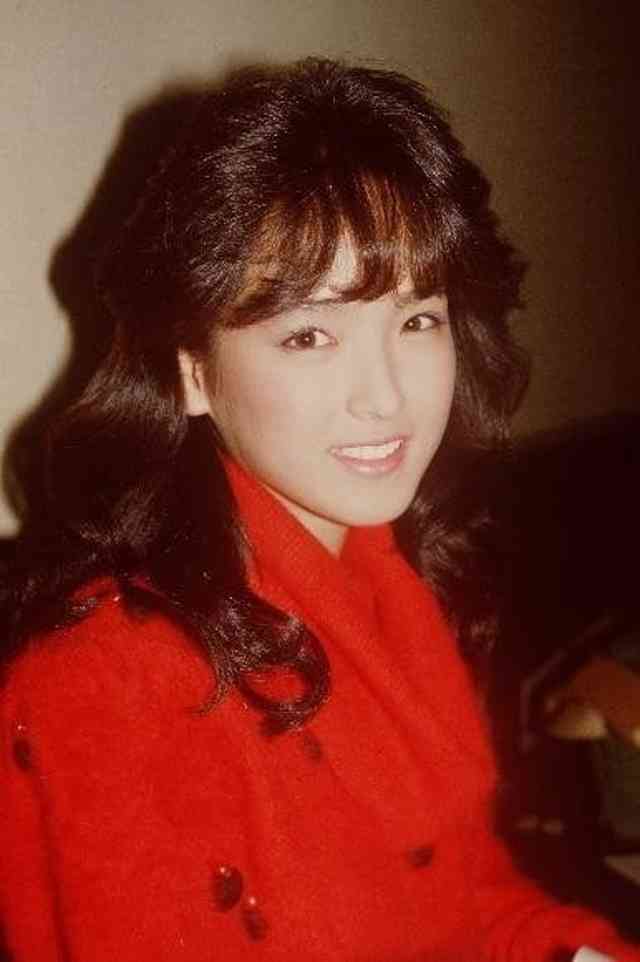
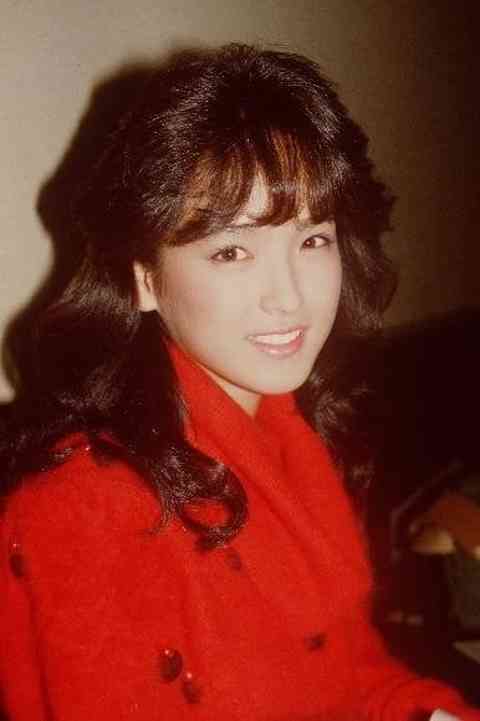
She was once considered part of the “Chung-Ang University Troika” alongside actresses Kim Hee-ae and Jeon In-hwa—and among them, she was the most popular. Not only was she a rising actress, but also a standout student, ranking at the top of her class at both Chung-Ang University and Waseda University.
According to Cho Yong-won, a car accident during her freshman year led to significant medical expenses for both her and her mother. While studying abroad, with limited income sources, she had to earn scholarships and worked hard to maintain her academic excellence.
Cho Yong-won
Cho Yong-won made her acting debut in 1982 on KBS, appearing in a minor role in the network’s 100th special episode, The Light of Sound. Early in her career, she mainly took on roles in short plays, special features, and commercials, gradually gaining recognition through her appearance in Ordinary People. Her breakthrough came with director Ha Myung-joong’s film Scorching Sun, which earned her multiple accolades, including Best New Actress awards at the Baeksang Arts Awards and the Grand Bell Awards.
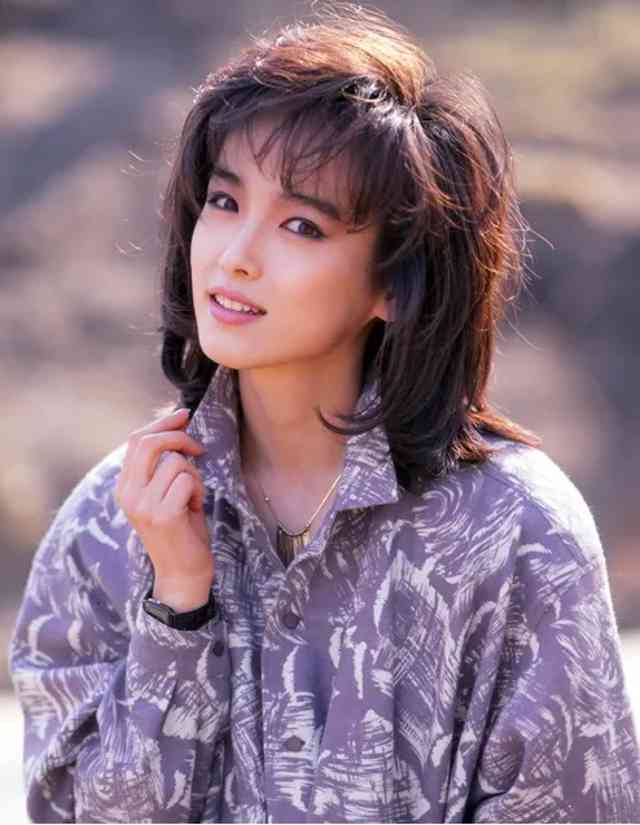
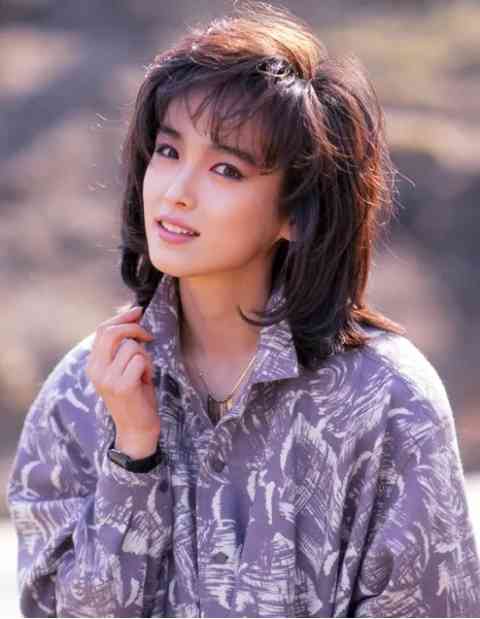
In 1985, her rising career was halted by a serious car accident that sidelined her for about eight months. She returned to the screen in 1986 with the film A Long Journey, a Long Tunnel and continued acting in various films and dramas. In 1990, she decided to pursue graduate studies and enrolled in a master’s program at Waseda University in Japan.
After completing her studies, she returned to Korea in late 1995 and resumed acting, starting with the film Jungle Story. Although she appeared in several projects afterward, she has not taken on any acting roles since Myeongilcheonae in 2003.
Park Mi-ryeong
Talent Park Mi-ryeong was one of the representative teen stars of the 1980s. She entered the entertainment industry while still in elementary school, starting as a model for the teen magazine Girls' High School Era. During that time, she worked alongside other future stars like Ha Hee-ra, Chae Si-ra, and Kim Hye-sun. She gained fame as the first high school girl model, and her popularity led her to become the first high school student to model for a cosmetics brand. She also gained visibility as an MC on KBS’s Youth March.
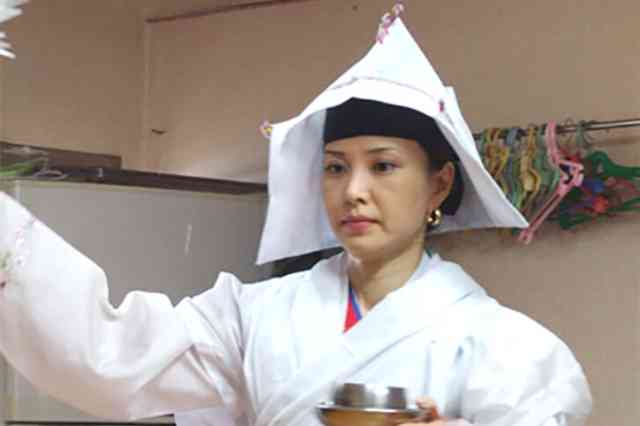
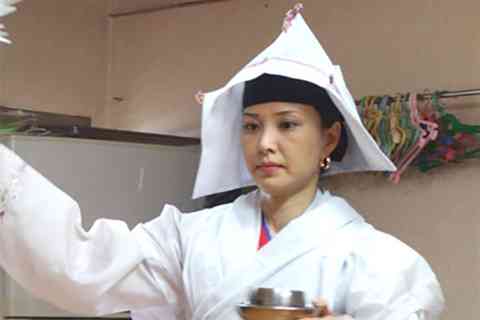
However, at the height of her career and while enjoying significant public attention, Park Mi-ryeong made a sudden decision to marry singer Kim Jong-jin at the age of 21. On a past television appearance, she shared that they met during an album recording and revealed that her desire to build a family early stemmed from the trauma of experiencing her parents' divorce.
Park Mi-ryeong
Park Mi-ryeong, once a beloved teen star who seemed destined for happiness after marriage, shared a deeply personal update on TV Chosun's Honest Entertainment Talk Pumpkin Seed in 2016. During the program, she revealed that she had become a shaman after battling a chronic illness in her late 20s. She disclosed that before undergoing her initiation ritual, she separated from her ex-husband, which added to the emotional toll. Her story drew sympathy from many viewers.
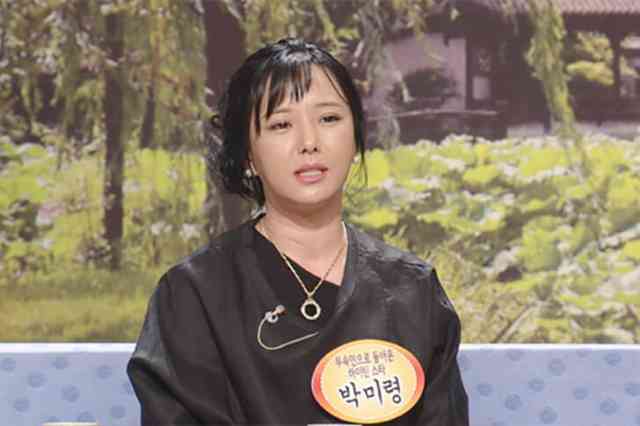
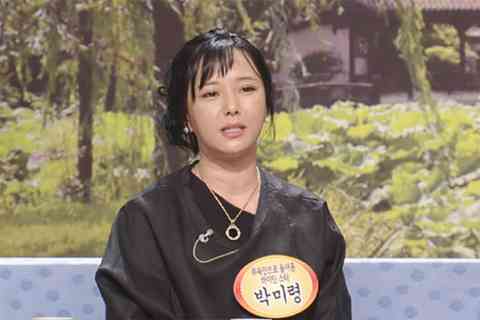
On the show, she spoke candidly about the painful process that led her to become a shaman, including a moment when the pain from her illness felt so overwhelming that she even attempted suicide. Park expressed deep sorrow over losing both her husband and son during that difficult time, lamenting that the happy family she had long dreamed of ultimately slipped away. She also mentioned having a 27-year-old son and expressed her continued love and concern for him, moving fans and viewers who empathized with the hardships she had endured.
Choi Jae-sung
Actor Choi Jae-sung was once a beloved high-teen star known for his striking looks and intense charisma. Although he originally aspired to become a boxer, his parents firmly opposed the idea, leading him to pursue a different path. He began his career on stage in 1983 and made his official debut as part of KBS's 10th open recruitment for new talent. His first television role was in the KBS drama High School Diary that same year.
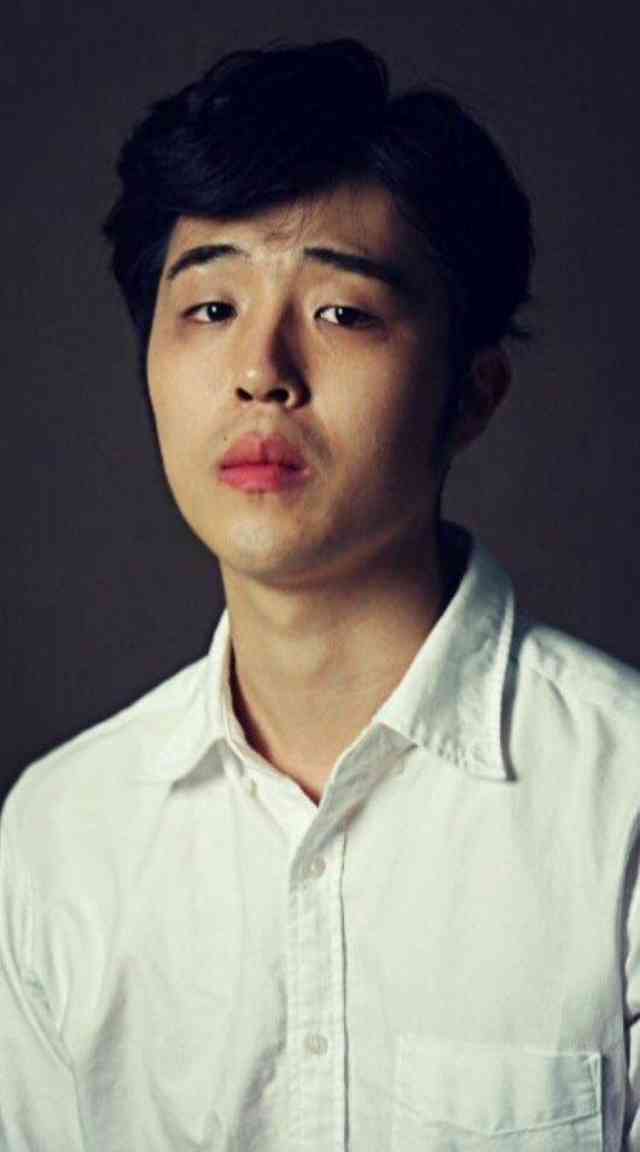
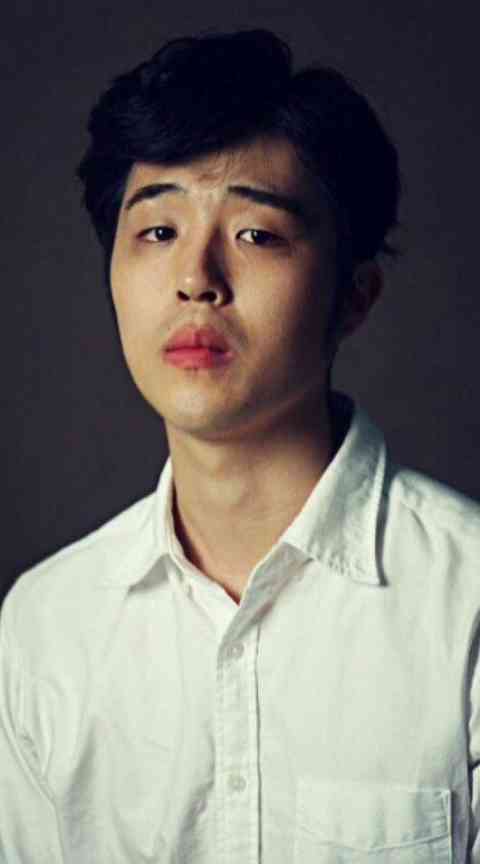
Thanks to his sharp features and strong screen presence, Choi Jae-sung quickly gained attention. Actor Park Joong-hoon, now a respected figure in Chungmuro, has often said that Choi was the peer he viewed as his greatest rival during their youth. Choi became widely popular for portraying tough, rebellious high school characters with a soft, handsome appearance. Remarkably, even in his 50s, he continues to maintain a rugged, masculine charm and is recognized as a strikingly handsome middle-aged actor.
Choi Jae-sung
Choi Jae-sung, known as the standout tough guy of the 1980s, began gaining widespread recognition in 1995 when the drama Sandglass became a massive hit. He skyrocketed to stardom with his leading role as Oh Hye-sung in the film The Terror of the Foreigner, where his striking looks attracted considerable attention. Following that success, he appeared in numerous projects.
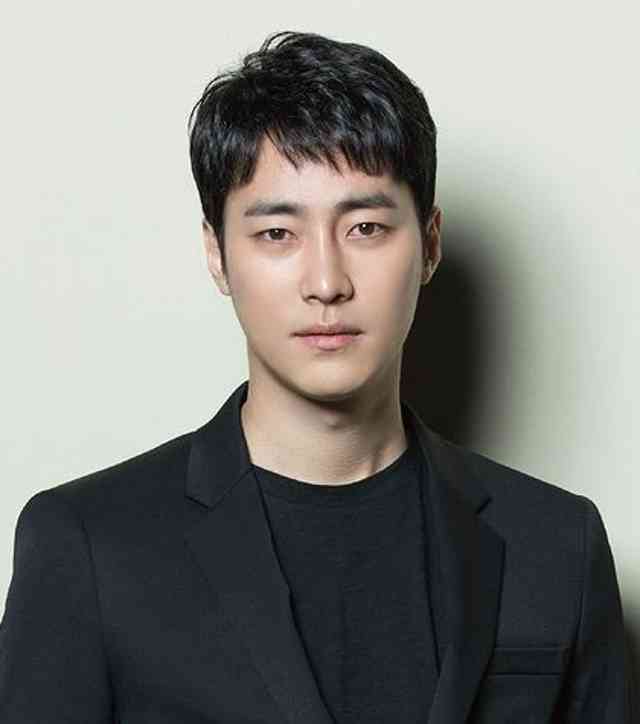
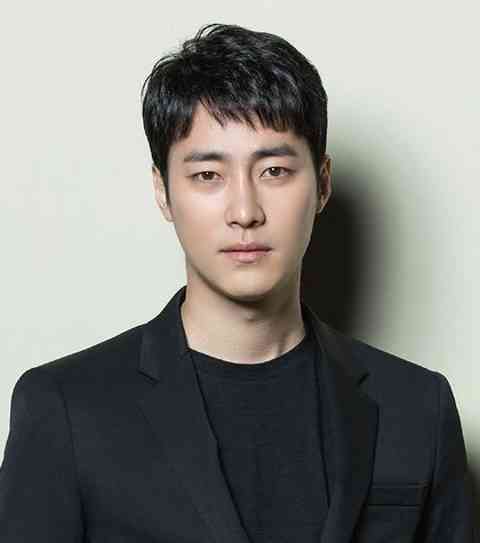
Like many actors, Choi experienced a period of slump but managed to bounce back, fully reigniting his career with his role as Inspector Maruoka in the drama The Wild Times. Since then, he has showcased his mature and refined acting skills in popular dramas such as Time Between Dog and Wolf, Immortal Yi Sun-sin, Yeon Gaesomun, and Empress Cheonchu, leaving a strong impression on audiences. His performance in Eyes of Dawn also earned praise, proving that his charm and good looks have remained intact over the years.
Choi Soo-jong
Actor Choi Soo-jong is a middle-aged actor who remains active today. In his youth, he worked as a tutor for a high school girl to support himself. The girl's father happened to be the director of KBS’s entertainment department, and impressed by Choi’s looks, the director encouraged him to pursue acting.
Choi Soo-jong made his acting debut in the 1987 drama Love Blossoming Tree. Initially cast in a supporting role, he gradually took on a more central position toward the drama’s conclusion, which helped him gain popularity and establish himself as a youth star.
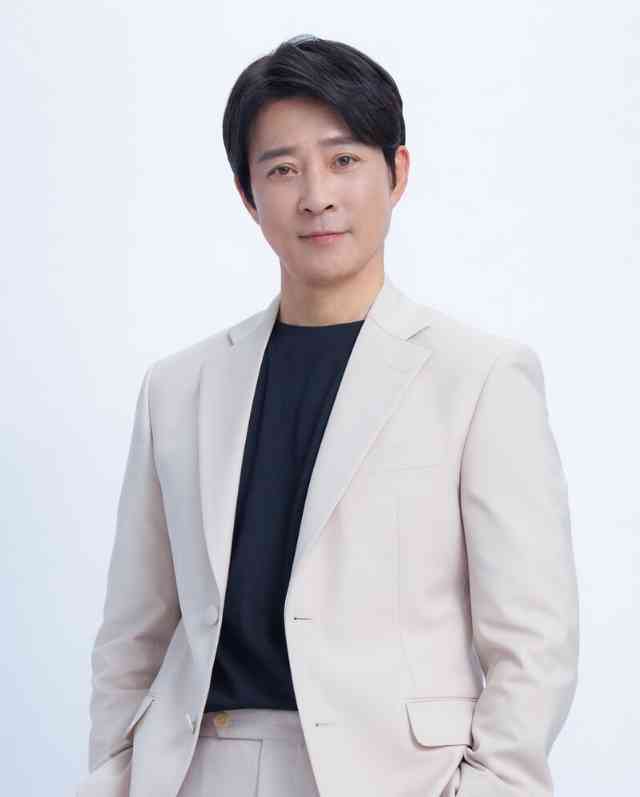
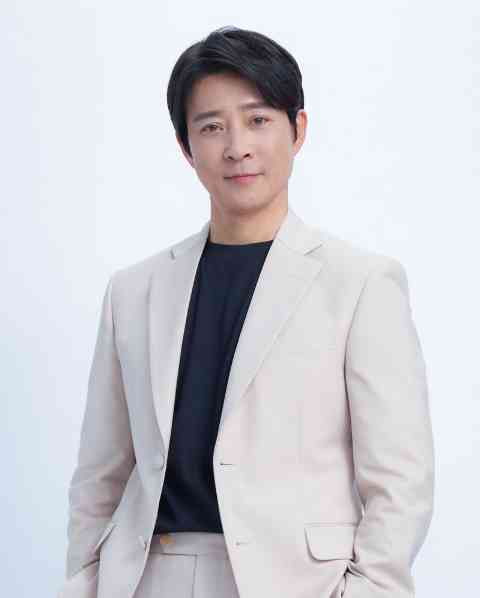
Following that, he landed the lead role in Seoul Ttukbaegi, where his acting talent and good looks earned him widespread recognition. Known for his fresh high-teen image, he also appeared in dramas like City People and Jealousy, further cementing his reputation as a vibrant young actor.
Choi Soo-jong
Since his debut, Choi Soo-jong has consistently maintained a vibrant youthful image and has starred in numerous hit dramas. Beyond acting, he frequently appeared as an MC on various talk shows and programs, earning a reputation as a guest who can boost viewership ratings. As he approached his late 30s, Choi Soo-jong pursued a second major transformation in his career by taking on the lead role of Wang Geon in the historical drama Taejo Wang Geon.
Despite initial concerns about his ability to perform in a historical drama, he exceeded expectations by delivering a strong and convincing portrayal, earning him recognition as a mature and skilled historical drama actor.
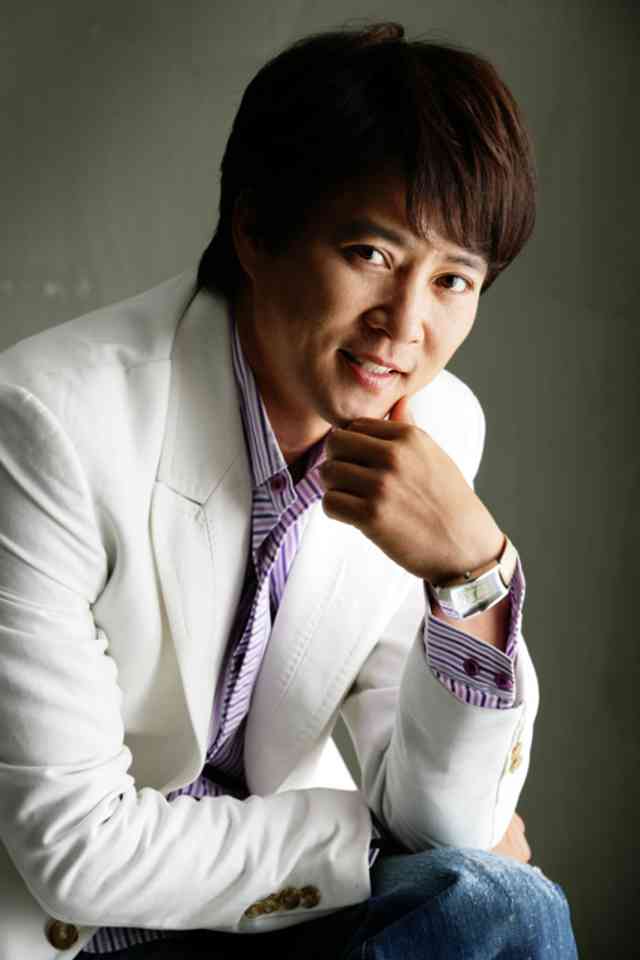
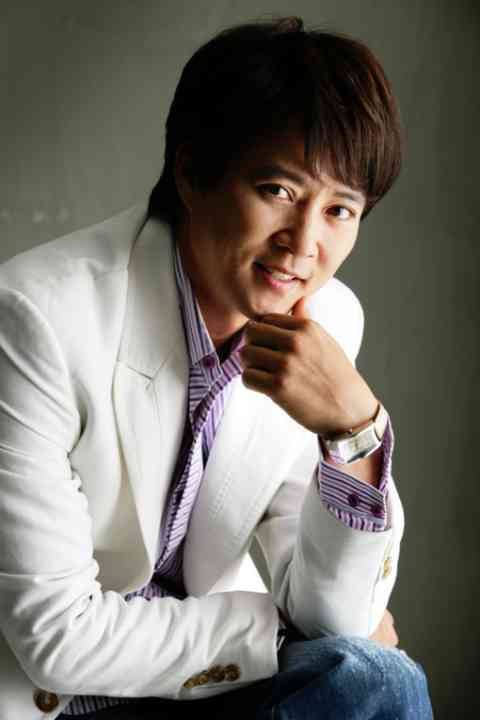
Following Taejo Wang Geon, he gradually became known as a specialist in historical dramas, with notable works including Taeyangin Lee Je-ma, Haesin, and Daejoyeong. Choi Soo-jong is often called the “king of viewership ratings” because many of his projects have been major successes, and he is widely praised for his exceptional acting skills among contemporary actors.
Cha In-pyo
Actor Cha In-pyo entered the entertainment industry in 1993 after passing the 22nd MBC open recruitment. In the early days of his career, he mostly took on minor or supporting roles, but made a strong impression on viewers with his fluent English in the Best Theater production White Journey in 1994.
Shortly after, he landed the lead role in the drama Love in Your Arms, which catapulted him to stardom overnight. Despite being a rookie, his striking looks helped him quickly gain widespread popularity.
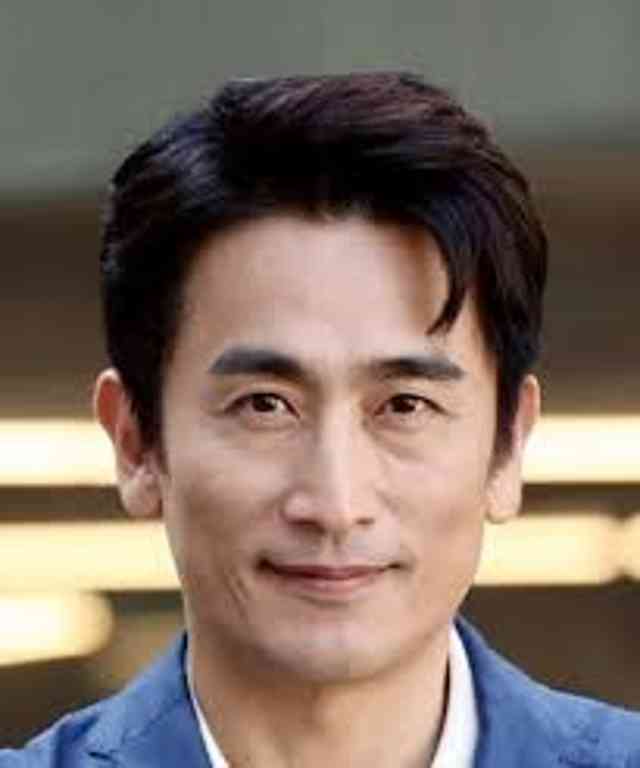
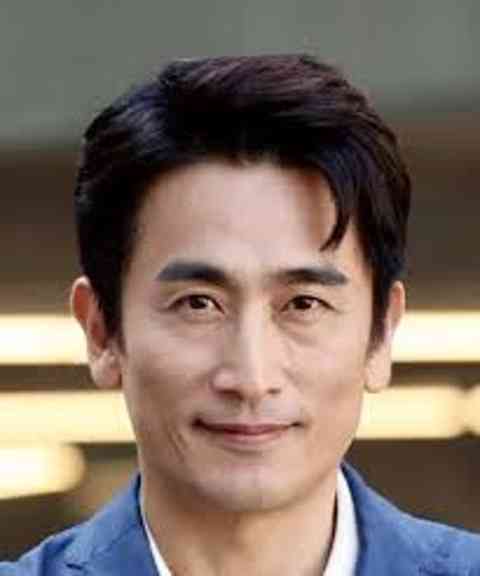
Following Love in Your Arms, Cha In-pyo’s sudden rise made him a frequent subject of media attention, with rumors circulating even about his marital status. He truly became a major star almost instantly, with his handsome appearance, athletic physique, and appeal to overseas fans—something quite rare at the time—solidifying his status as a fantasy figure in the entertainment world.
Cha In-pyo
Cha In-pyo is recognized as Korea’s first bodybuilder star and has maintained an impressive physique since his debut. Frequently showcasing his muscular upper body in his projects, he was a pioneer in popularizing the male body image in Korean media. His tremendous influence and popularity led to the phenomenon dubbed the “Cha In-pyo Syndrome,” which was repeatedly ranked among the top 10 events of the year in various newspapers.
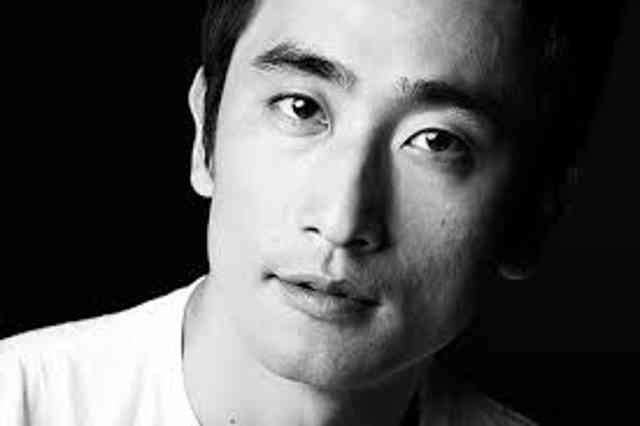
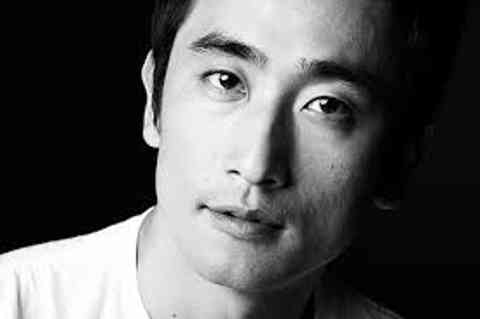
Cha In-pyo met actress Shin Ae-ra while filming Love in Your Arms, and their relationship blossomed during his time as a second-class soldier in the military. The couple remains deeply devoted to each other, standing as one of the most beloved pairs in the entertainment industry.
After the birth of their first son, they chose to adopt two daughters, actively engaging in volunteer work and donations. Their efforts have played a significant role in transforming societal attitudes toward adoption in Korea.
Jo Bo-seok
Actor Jo Bo-seok, also known by the nickname "Jewelry Jeong," is a well-known middle-aged actor. He entered the industry after passing the special KBS recruitment in 1986 and made his debut in the 6.25 special drama Baekmagoji. He gained early recognition by starring in lead roles in dramas such as Young Zelkova and Samogok. His breakthrough came with the role of Dal-seo in the historical drama Samogok in 1987, which earned him the Rookie of the Year award.
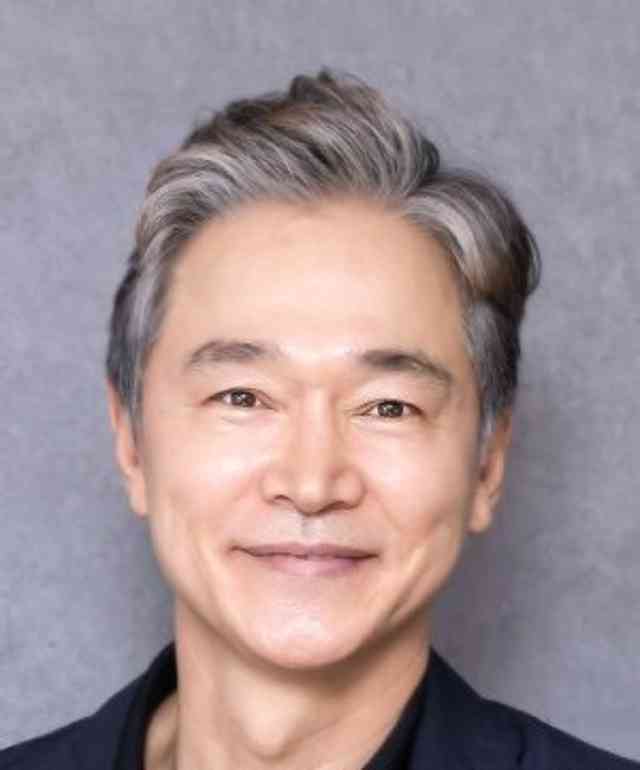
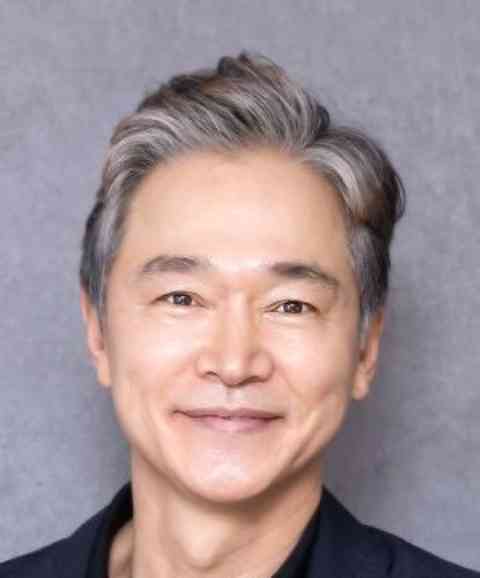
Between 1998 and 1999, Jo Bo-seok played the male lead, Park Ki-jung, in the MBC drama Daily Drama Report and Report, which achieved the highest ratings ever recorded for a daily drama, peaking at 57.3%. His notable drama works include Thorn Fish, Life is Beautiful, Daejoyeong, and Mu-shin, while his film credits feature For Agnes and Mugunghwa Flower Has Blossomed.
Jo Bo-seok
In 2009, Jo Bo-seok starred in the MBC sitcom High Kick Through the Roof, which brought him widespread popularity. He skillfully portrayed a cunning, bumbling, and somewhat pitiful character, and at a time when he was concerned about being typecast, he chose a role that fit him perfectly, successfully reinventing his image. Thanks to the sitcom’s success, he won the Best Sitcom Award at the MBC Entertainment Awards that year.
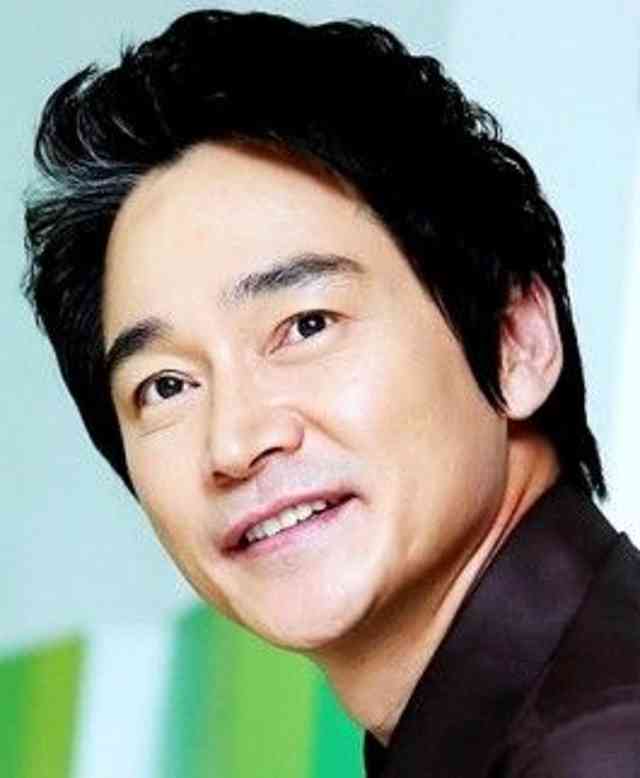
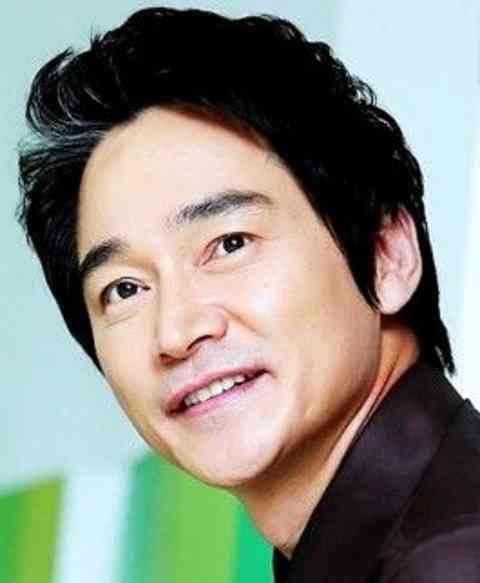
Many viewers were surprised by Jo Bo-seok’s comedic turn, given his usually upright and gentlemanly image. However, Jo Bo-seok himself revealed that the character he played in the drama was actually the one closest to his true personality. His impressive versatility has earned him praise for his ability to excel in a wide range of roles, making him recognized as an actor capable of portraying virtually any character.
Shin Sung-woo
Singer and actor Shin Sung-woo began his journey in the music scene in 1982, performing with various bands and on underground stages before officially launching his music career in 1987 as the lead vocalist of the band Boohwal. His first album, Towards Tomorrow, came out in 1992.
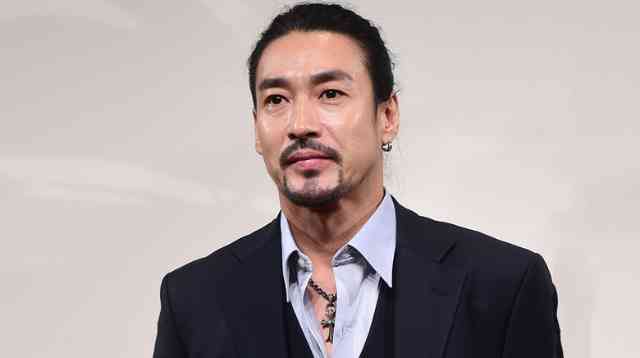
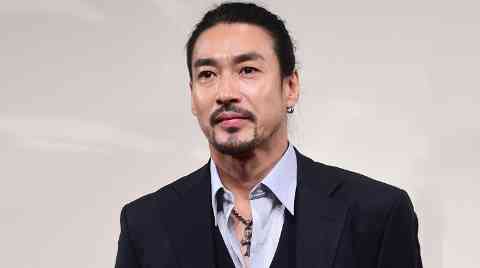
From the start, he earned the nickname 'Terius' due to his strong physique, striking looks, tall stature, and powerful voice. While his appearance initially attracted more attention than his music, Shin Sung-woo has consistently contributed as a singer-songwriter throughout his career.
His second album highlighted his unique sound, blending heavy metal and hard rock, with the title track The Reason for Leaning on the Sunset. Rather than chasing mainstream popularity, he focused on expressing his personal style through his music. Later, he formed the band 'Genie,' which gained recognition with songs like What is This and Right Life.
Shin Sung-woo
Shin Sung-woo broadened his career into musical theatre, beginning with the production of Dracula in 1998. Since his appearance in 1999, he has successfully transitioned into a musical actor and continues to remain active in the field. His stage credits include musicals such as The Three Musketeers, Mozart Opera Rock, Chess, Gone with the Wind, One Day, Mephisto, and Iron Mask, establishing himself as a prominent figure in the musical scene.
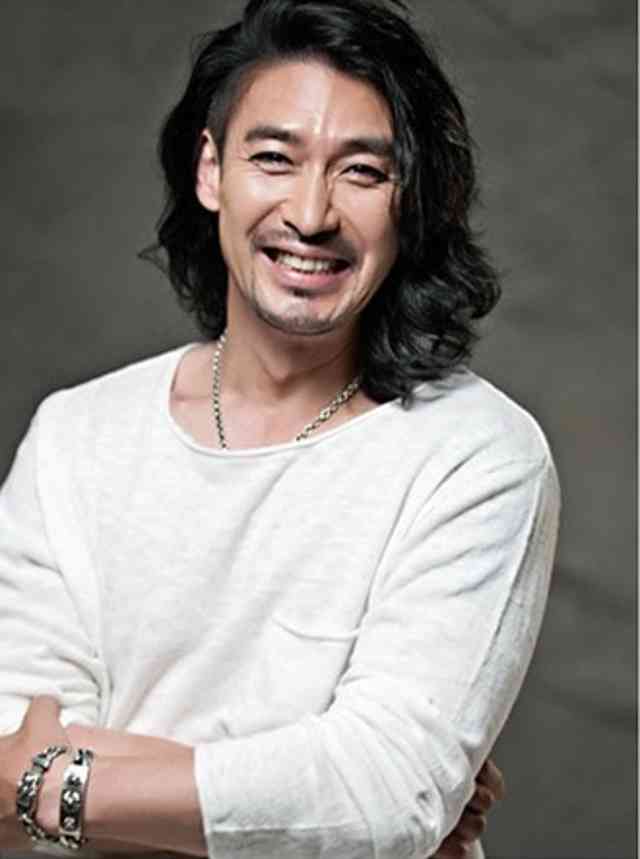
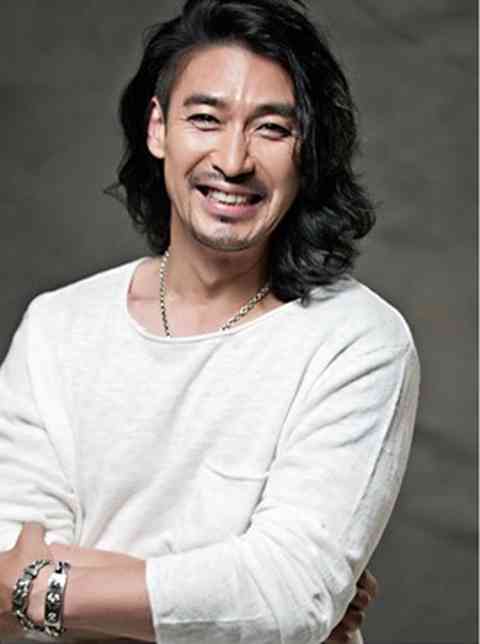
In addition to performing, he has been contributing to the academic field as well, working as a full-time professor in the Department of Musical Arts at Baekseok University since 2016. Since the early 2000s, Shin Sung-woo has also been active on screen, appearing in numerous dramas like First Love, Tropical Nights in December, and Dear My Friends. In 2014, he joined the cast of the variety show Roommate, where he earned the affectionate nickname “New Mom.”
Park Shin Yang
Actor Park Shin-yang is widely recognized for his skill in deeply analyzing and reinterpreting his characters. He began his acting journey in theater in 1986, playing the title role in the play Hamlet. He continued building his stage career with a lead role in War and Peace in 1987 and a supporting role in Weapons and Humans in 1988.
Park made his film debut in Variable Lane, directed by his college classmate Yang Yoon-ho. The film earned the Best Film award at the Golden Crown Film Festival’s Youth category. He later landed his first leading film role in Yuri, which gained international recognition as the first Korean film selected for Critics' Week at the Cannes Film Festival.
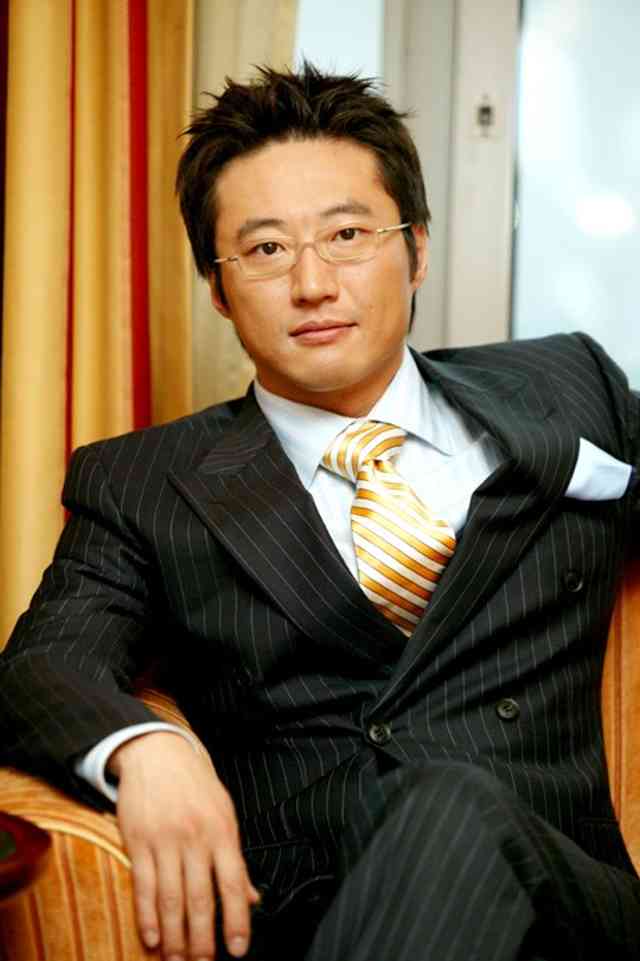
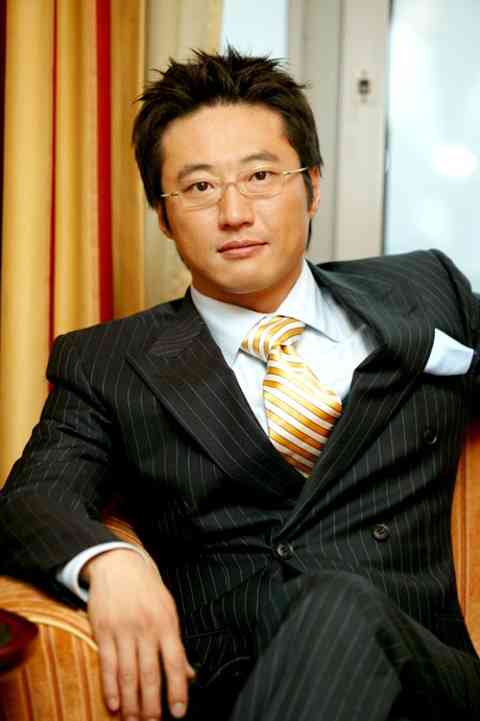
With this film, Park Shin-yang captured public attention and was hailed as a "monster rookie." His performance earned him Best New Actor honors at both the Baeksang Arts Awards and the Blue Dragon Film Awards.
Park Shin Yang
Park Shin-yang took on the lead role of Baek Seong-deok in the 1996 MBC drama Scent of Apple Blossoms. At the time, he was still relatively unknown, as the film Yuri had yet to be released. His casting was largely thanks to actress Kim Hye-soo, who was impressed by his acting and strongly recommended him to the production team.
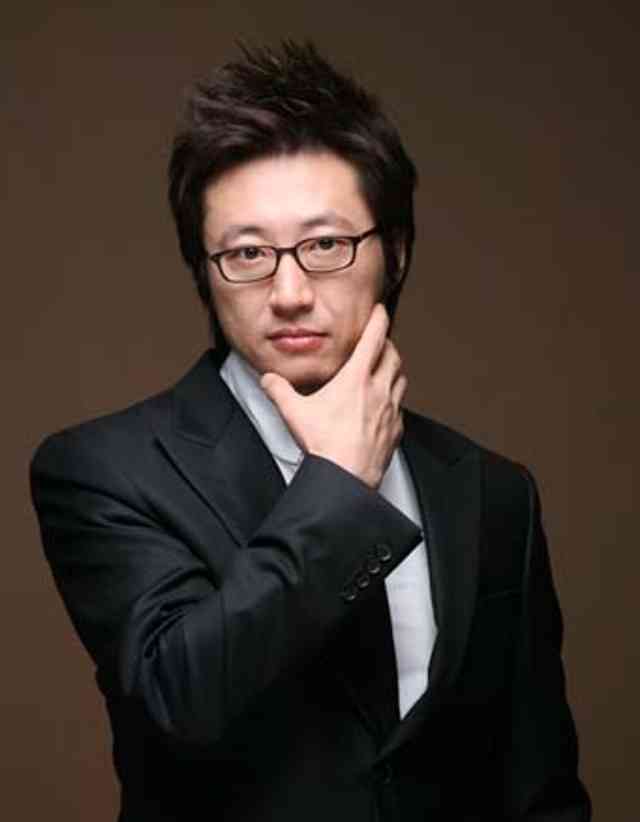
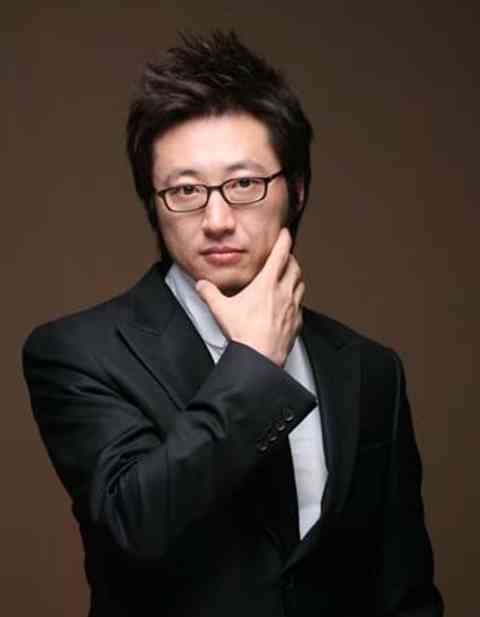
Following this, Park starred in the melodramas The Letter (1997) and Promise (1998), both of which were massive box office hits. These successes earned him both the Popularity Award and Best Actor Award at various film festivals, cementing his status as a leading figure in 1990s melodramas. In 2004, he gained widespread acclaim for his performance in the drama Lovers in Paris, which became a cultural sensation.
He portrayed Han Ki-joo, a second-generation chaebol and automobile company CEO, and won the Grand Prize for Acting at the SBS Drama Awards alongside co-star Kim Jung-eun. Park Shin-yang continues to be active in the industry, with his most recent project being the film Park Soo-geun-dal.
Choi Min-soo
Actor Choi Min-soo is often referred to as a "tough guy" in the entertainment industry. He made a striking debut with the lead role in the film Son of God, based on Park Bong-seong's comic, marking an impressive start to his career. He went on to star in the drama Kkochimi and several films, although these early projects did not achieve major success.
However, his portrayal of poet Kim Young in the film Nambugun left a lasting impression on audiences. His popularity began to rise with the success of the MBC dramas The Man Who Bowed His Head and Mudong's House, both of which featured him in leading roles.
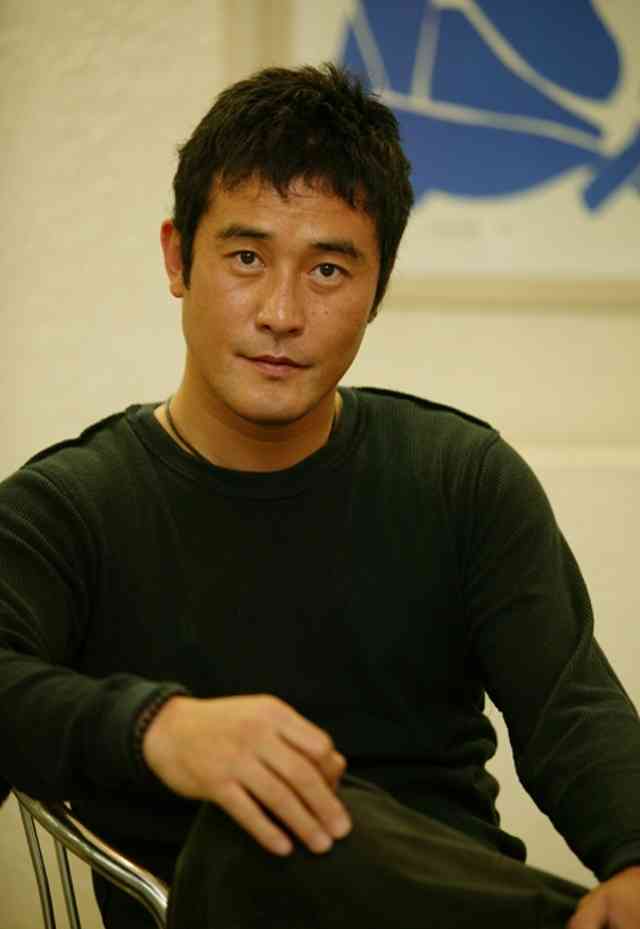
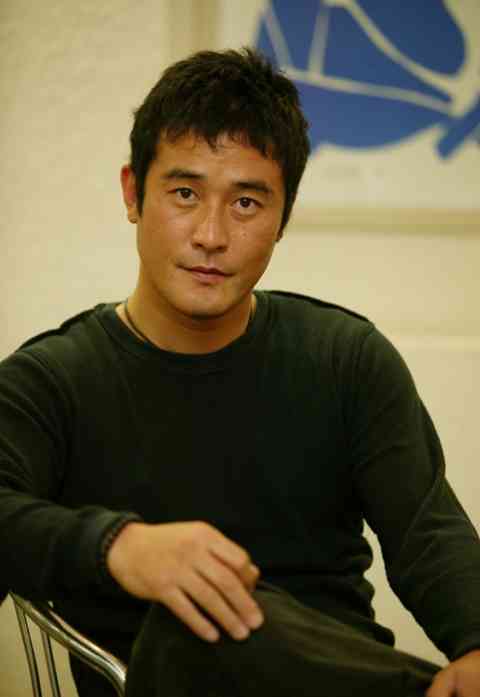
Choi Min-soo’s fame soared with the massive popularity of the drama What Is Love and the film Marriage Story, establishing him as a household name. In 1993, he played a gangster in the drama Walk to the Sky, a role that firmly cemented his tough and charismatic image.
Choi Min-soo
Choi Min-soo starred in the iconic 1990s drama Sandglass, famously delivering the line, “I thought I could have you if I did this!”—a moment that sparked the so-called “hourglass syndrome.” Later, he married Kang Joo-eun, who had won the title of Miss Korea Canada Jin.
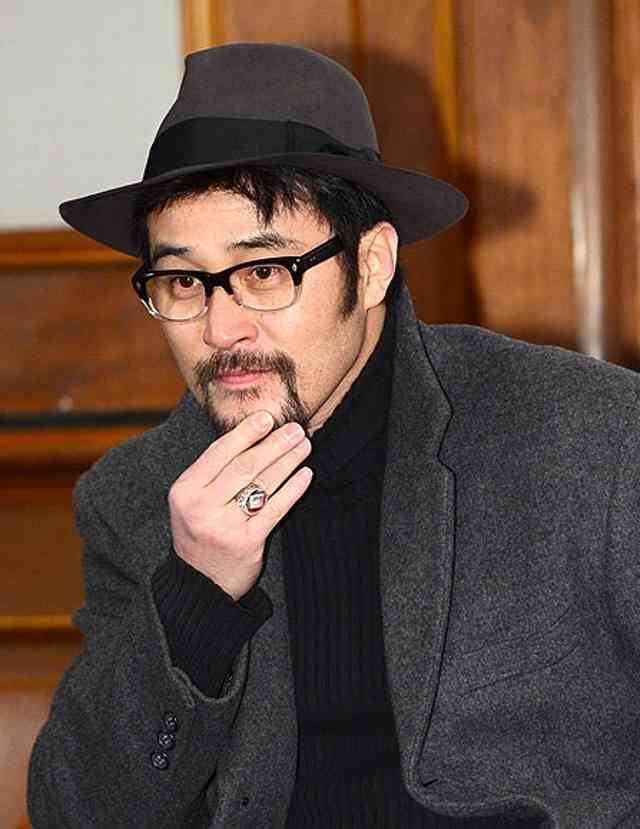
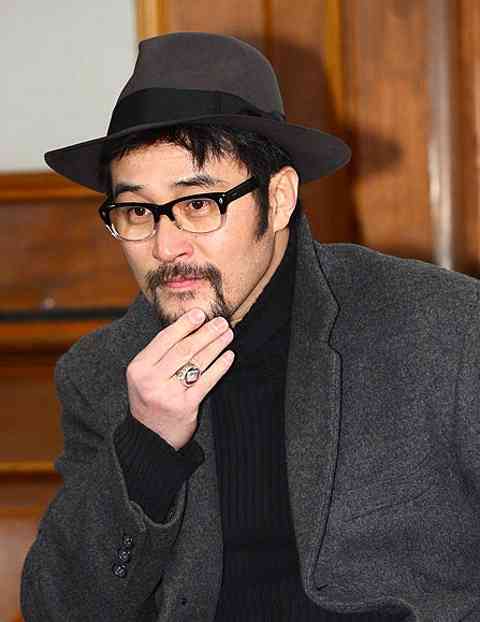
During a 2020 appearance on KBS 1TV’s Morning Yard, Kang Joo-eun spoke about their relationship, revealing that she had come from Canada to participate in the Miss Korea pageant, where she first met Choi Min-soo. She humorously recalled that he proposed just one day after they met, and the story of their whirlwind romance amused the public, earning her the nickname "the woman who makes even tough guy Choi Min-soo nervous."
In 2021, she appeared on the variety show Radio Star and shared that the couple had spent two years living in seclusion in the mountains, updating viewers on their quiet lifestyle.